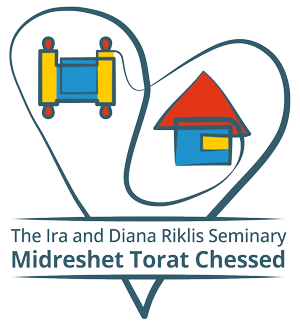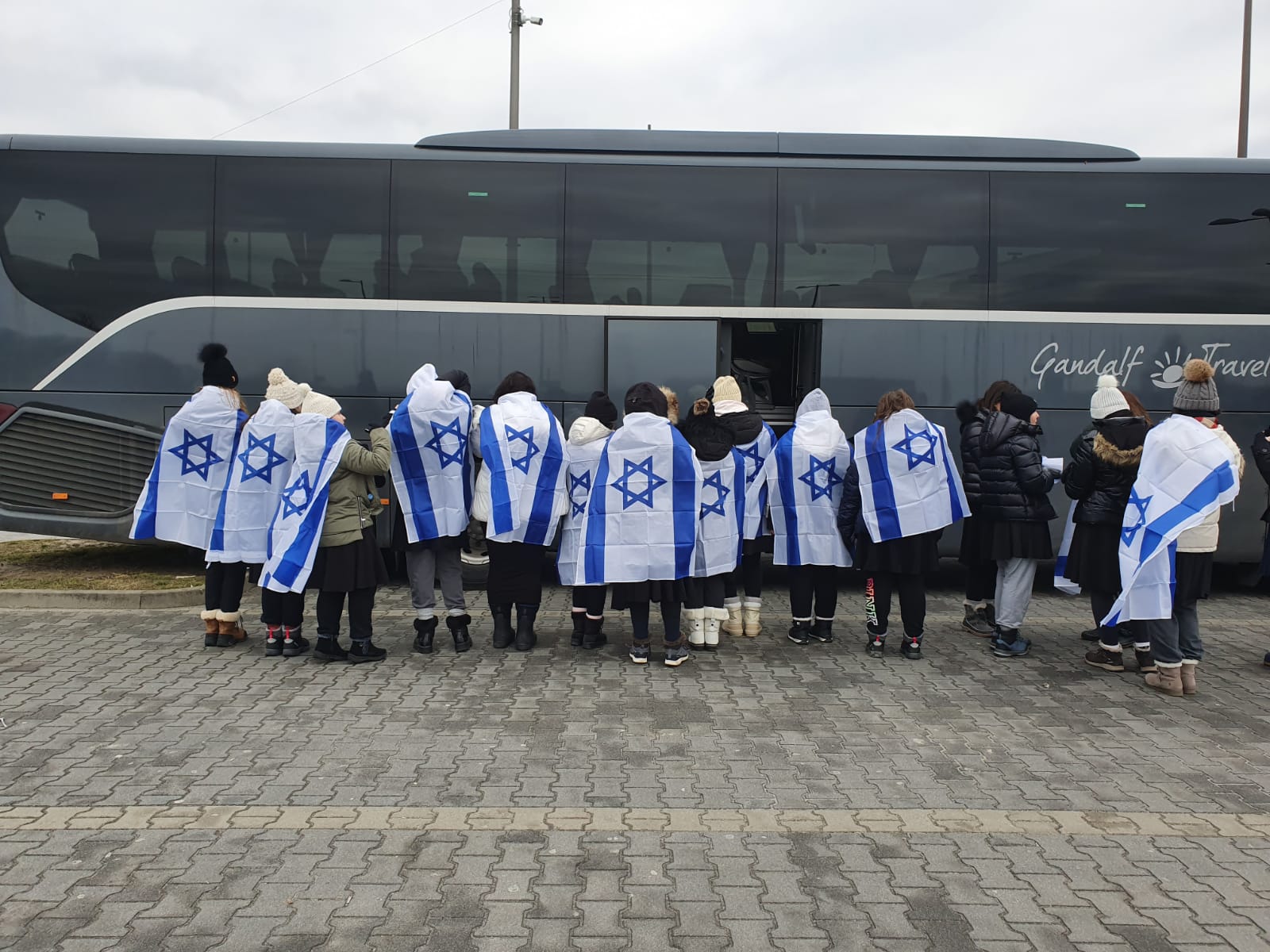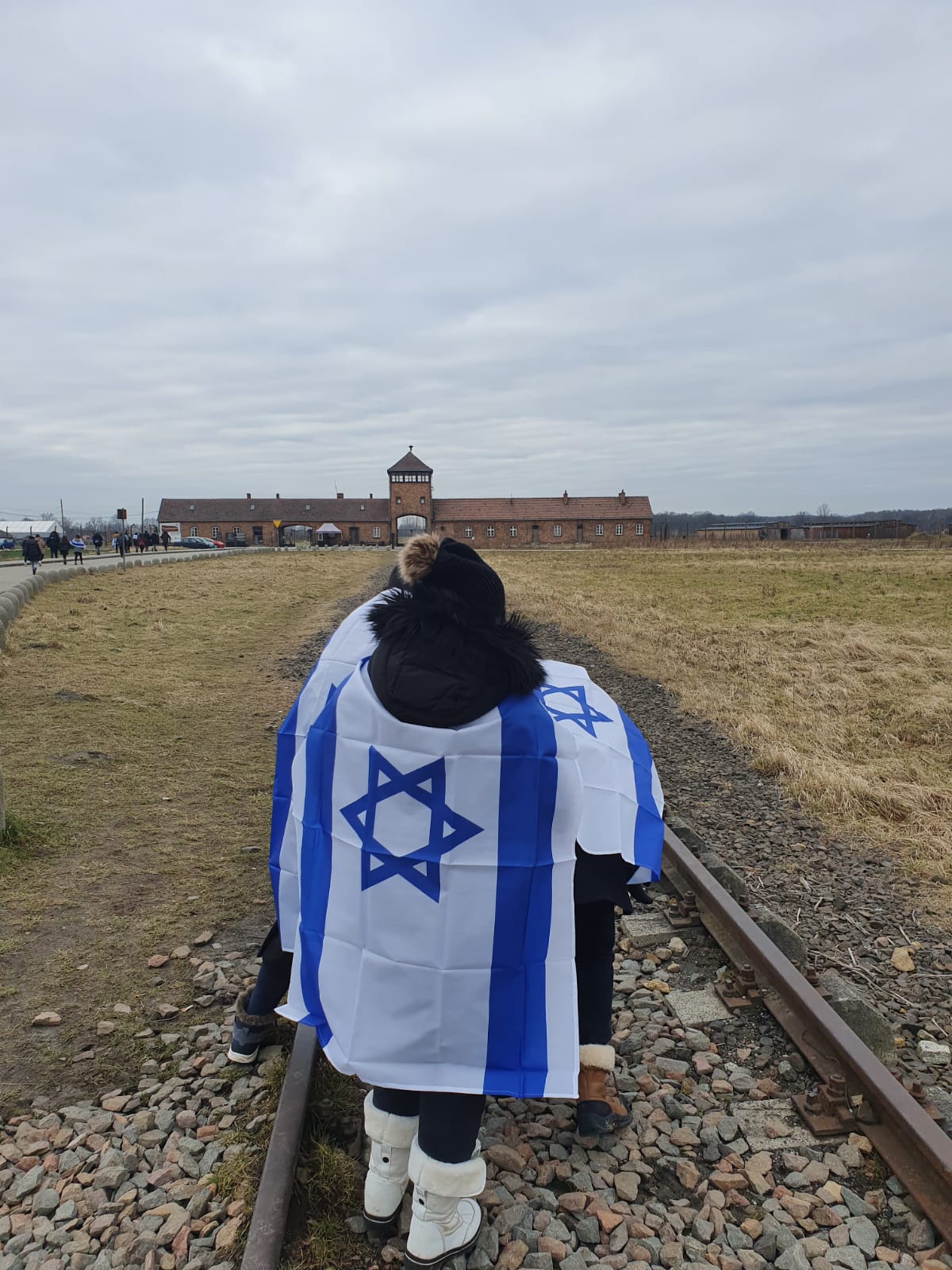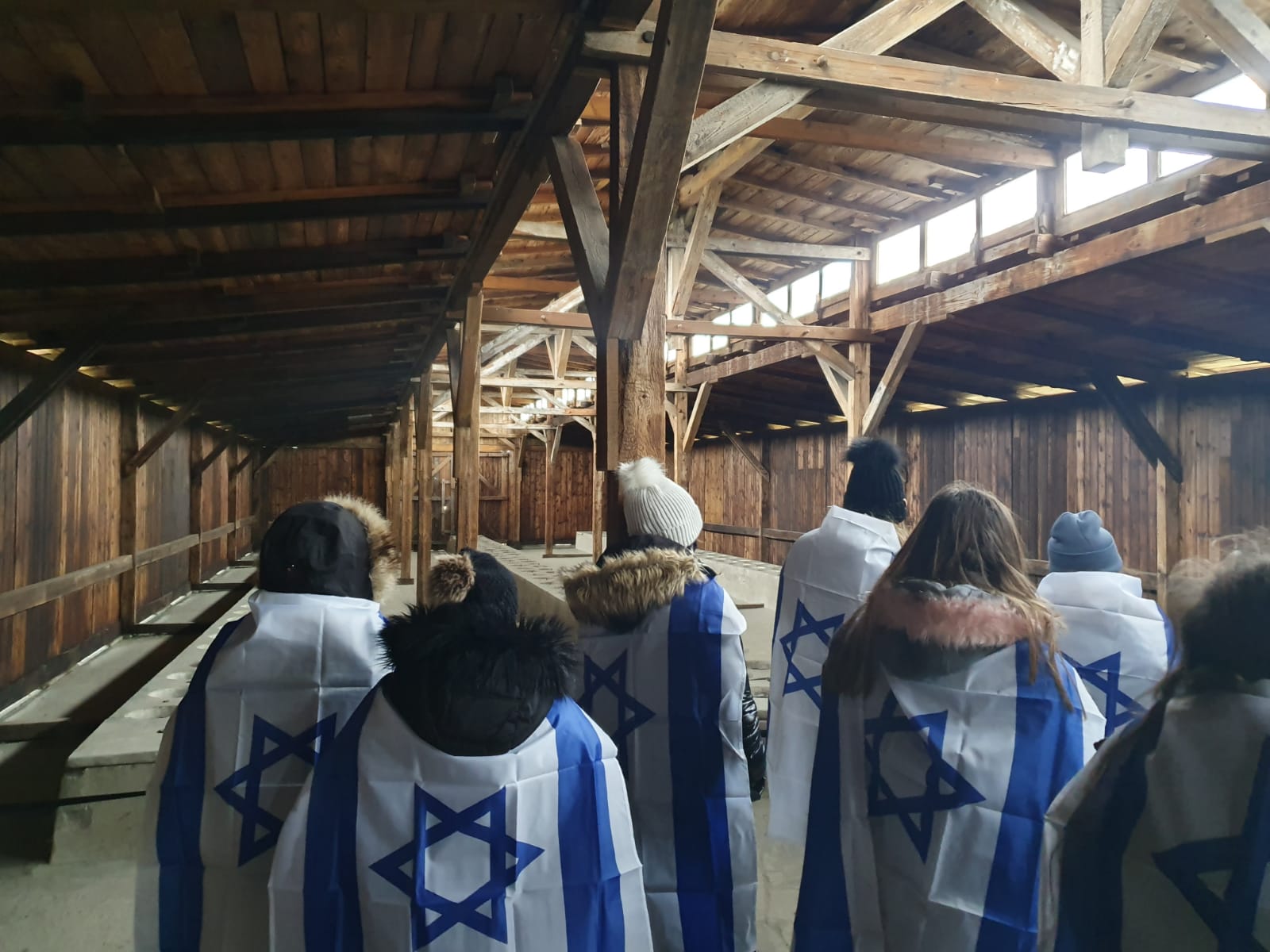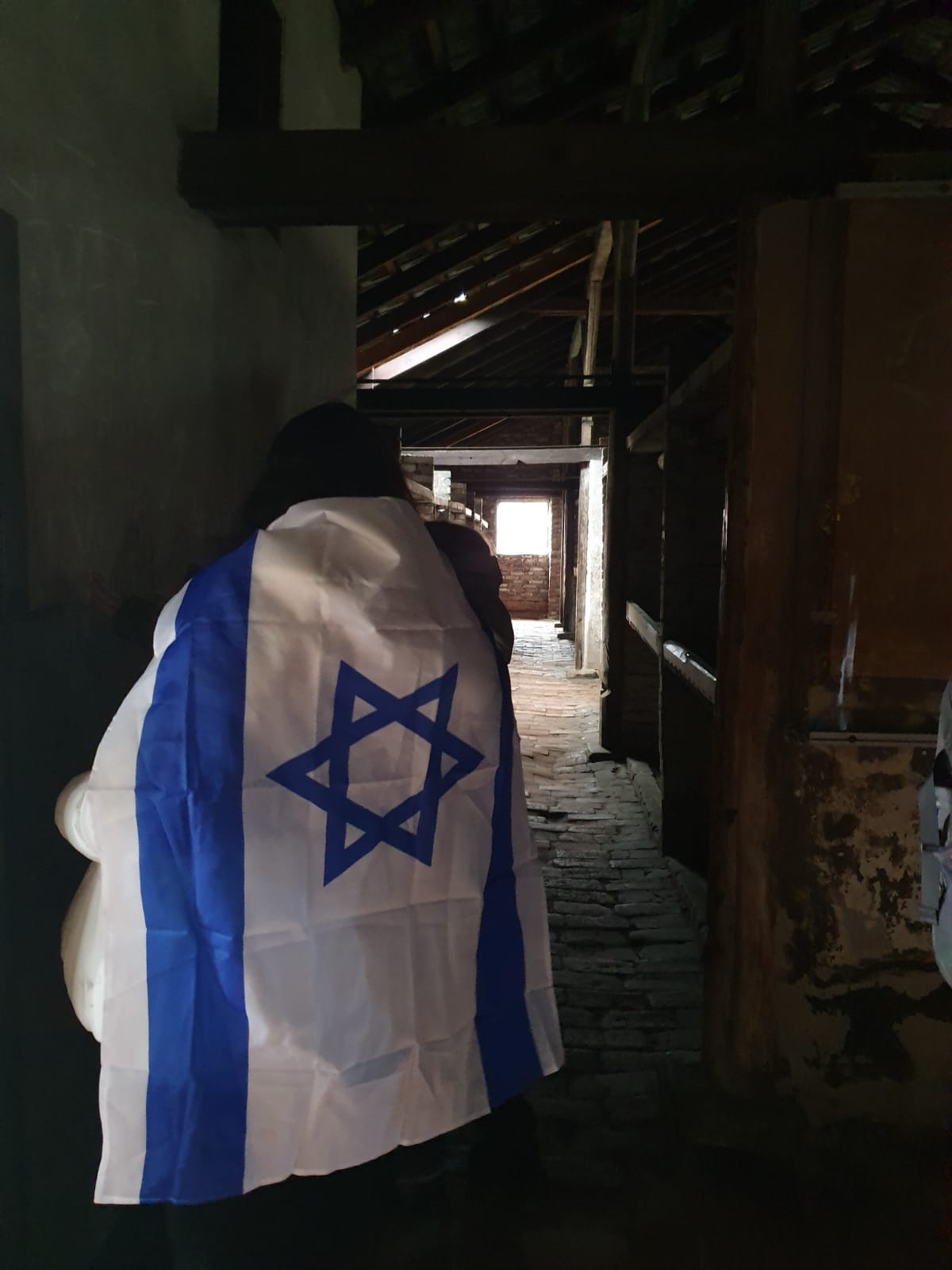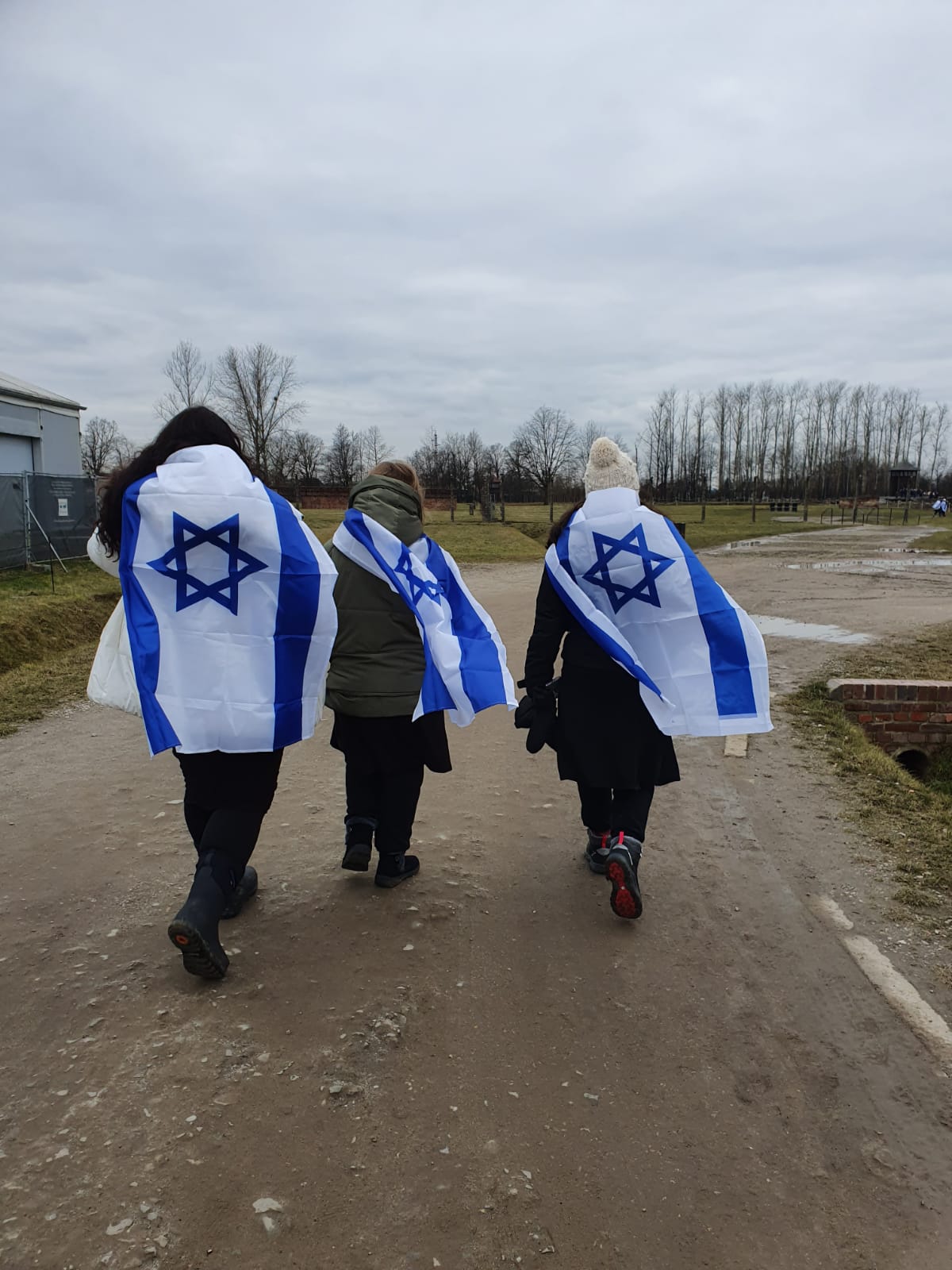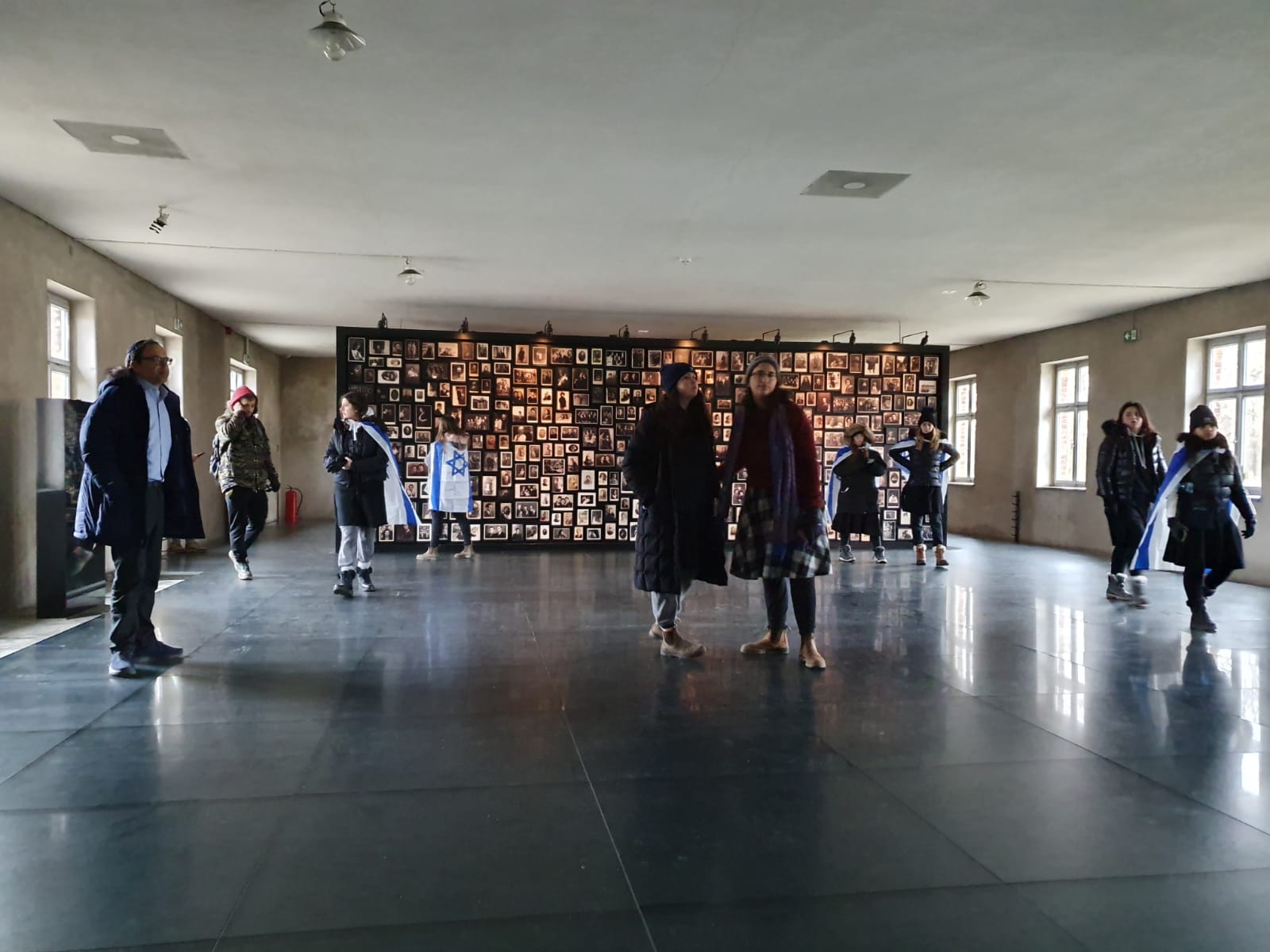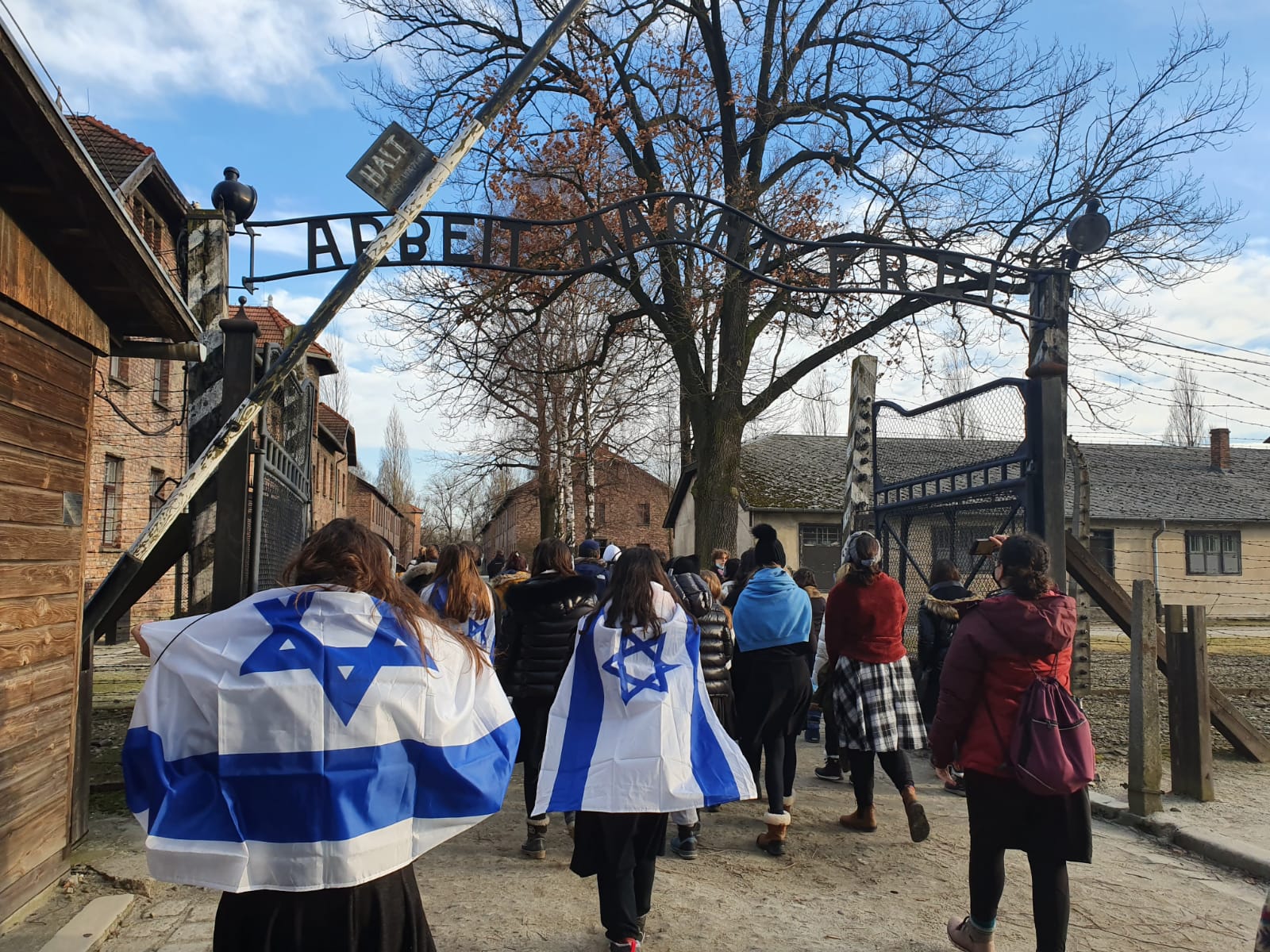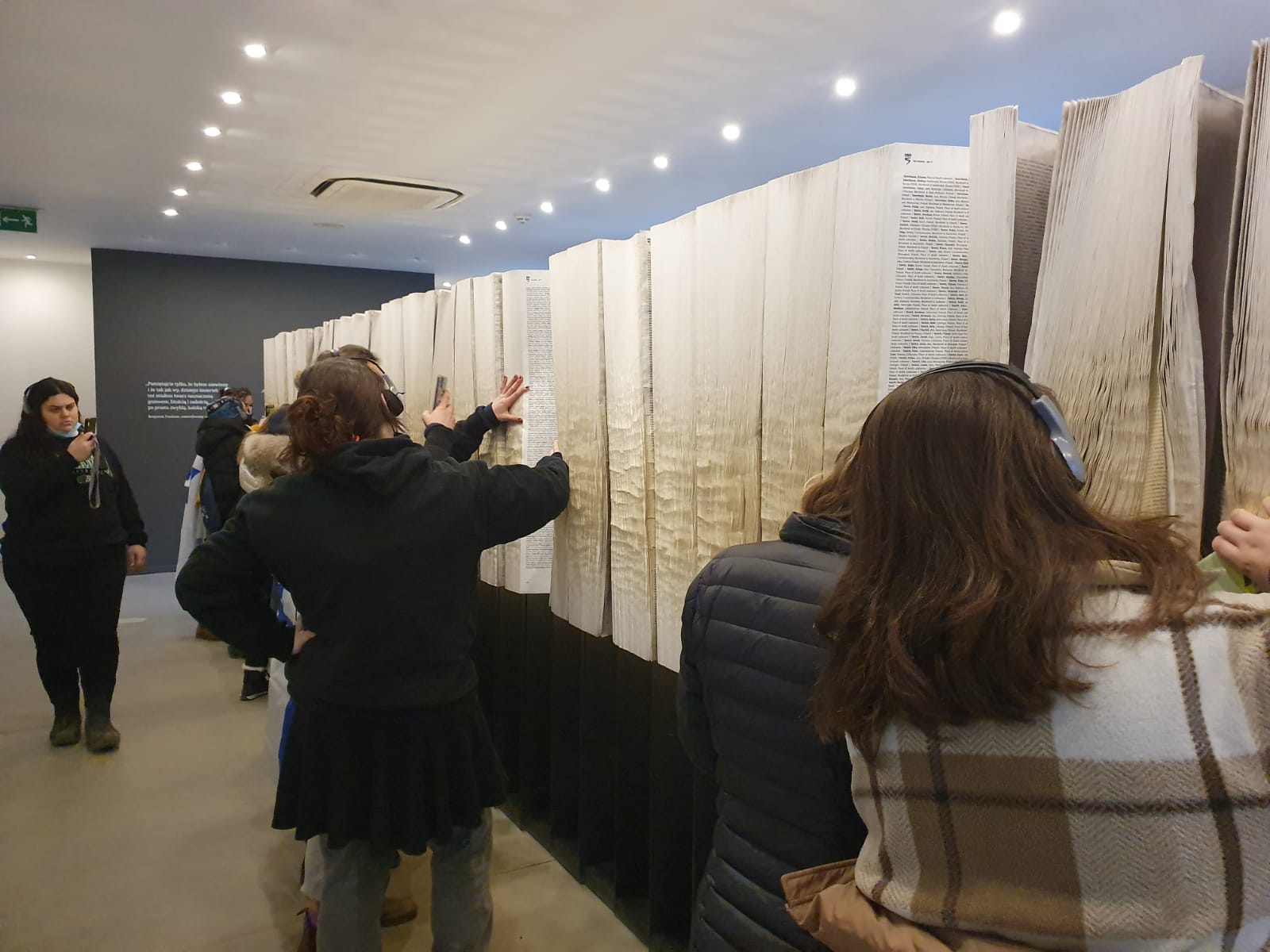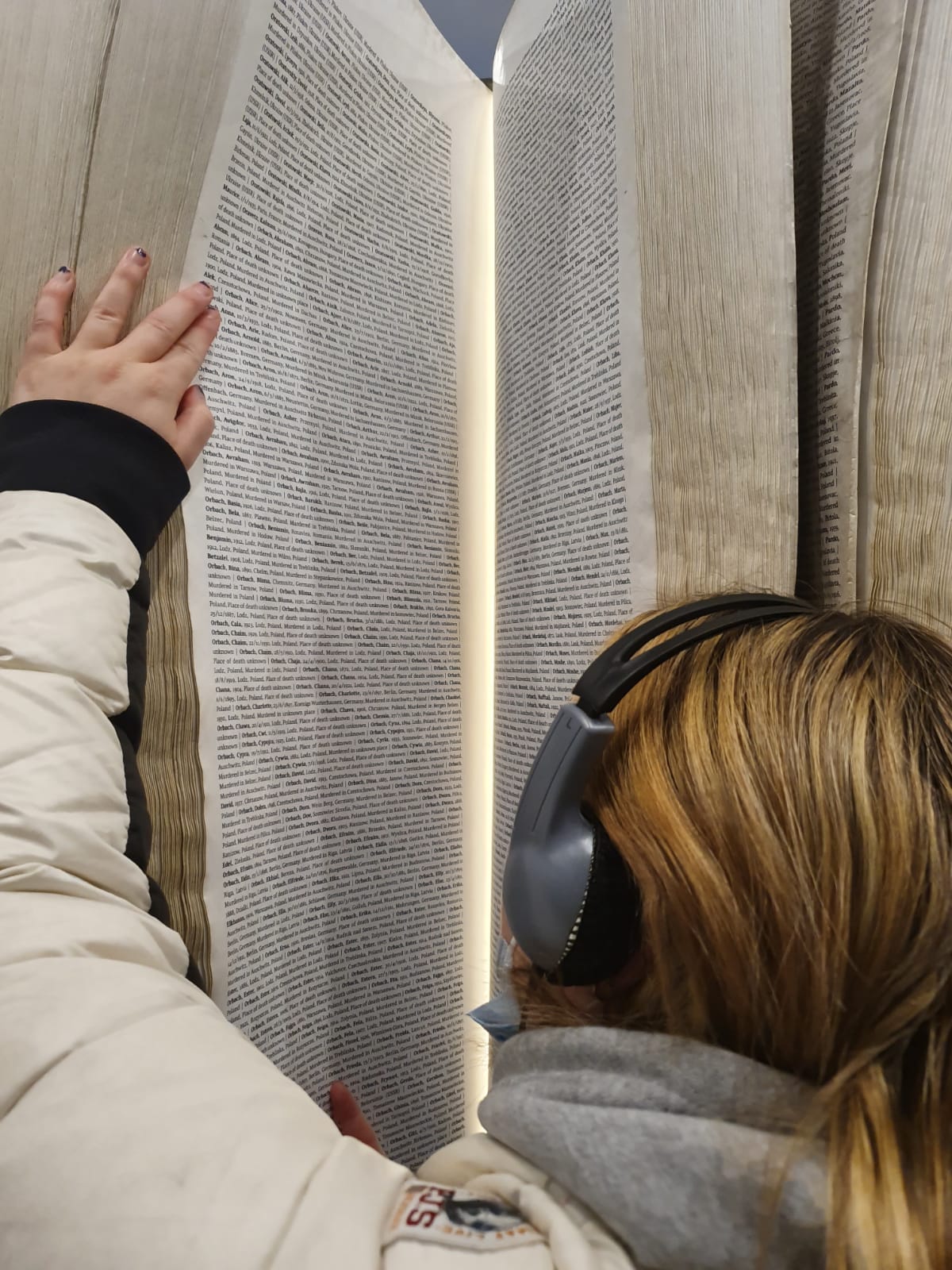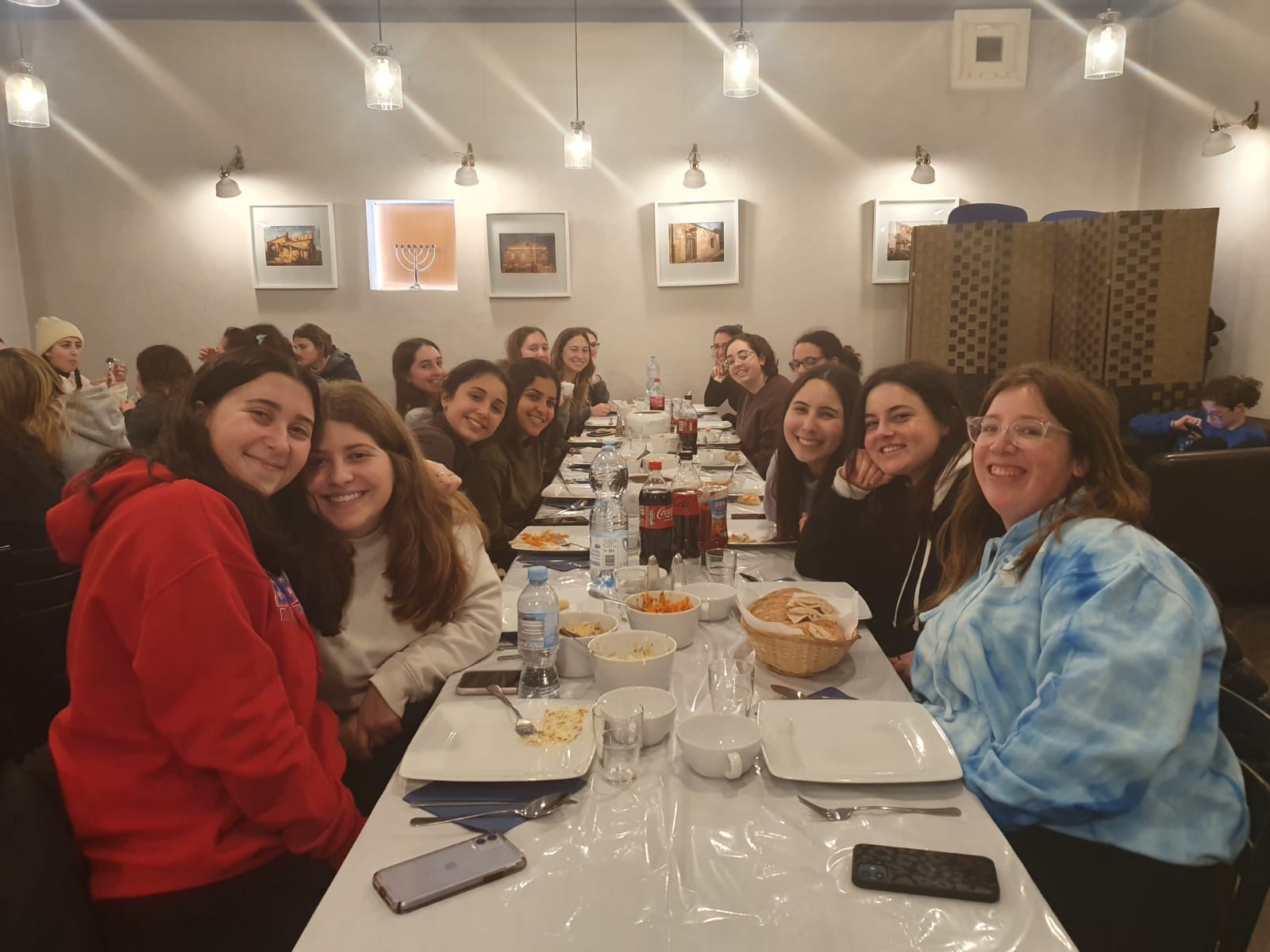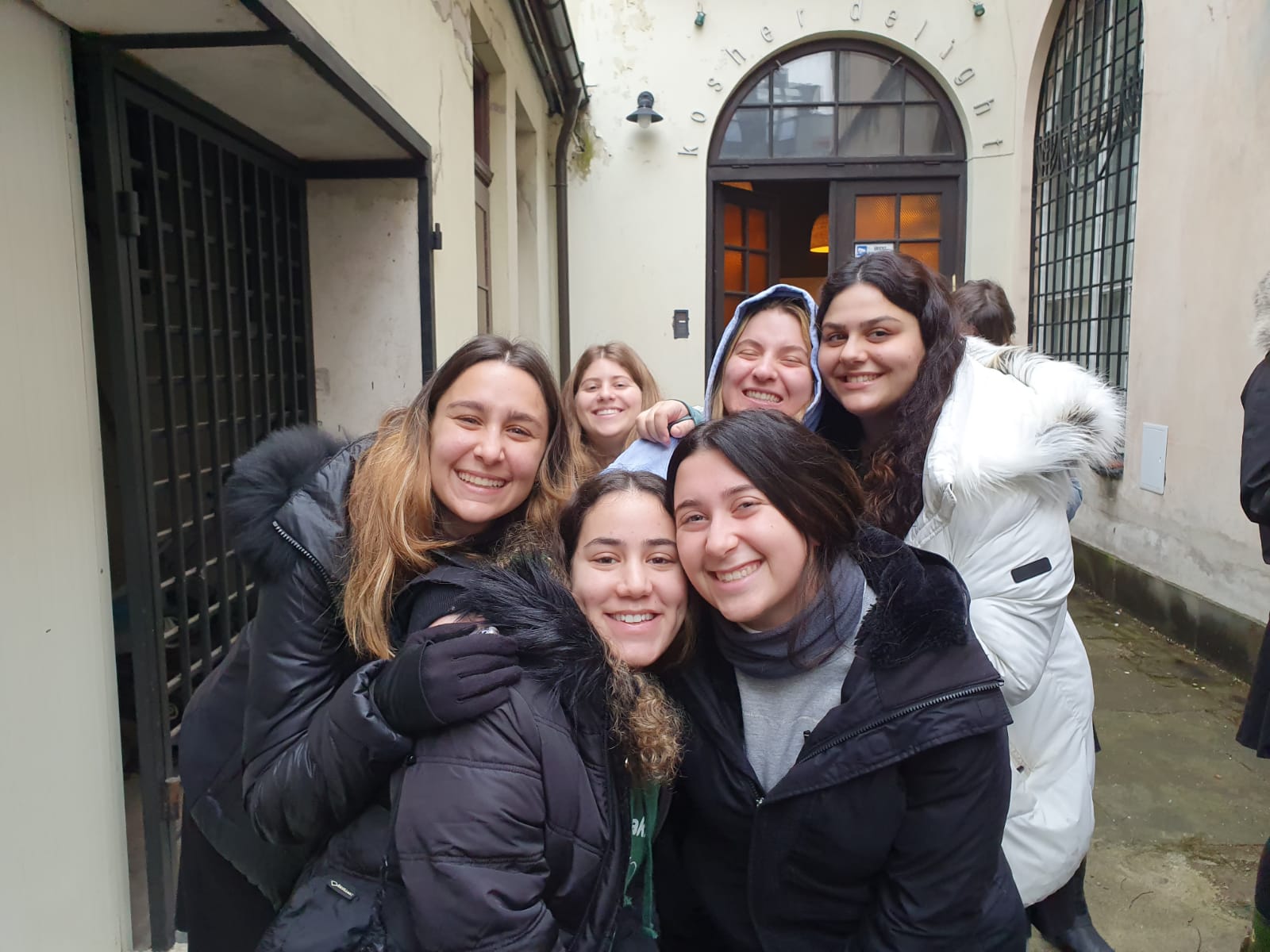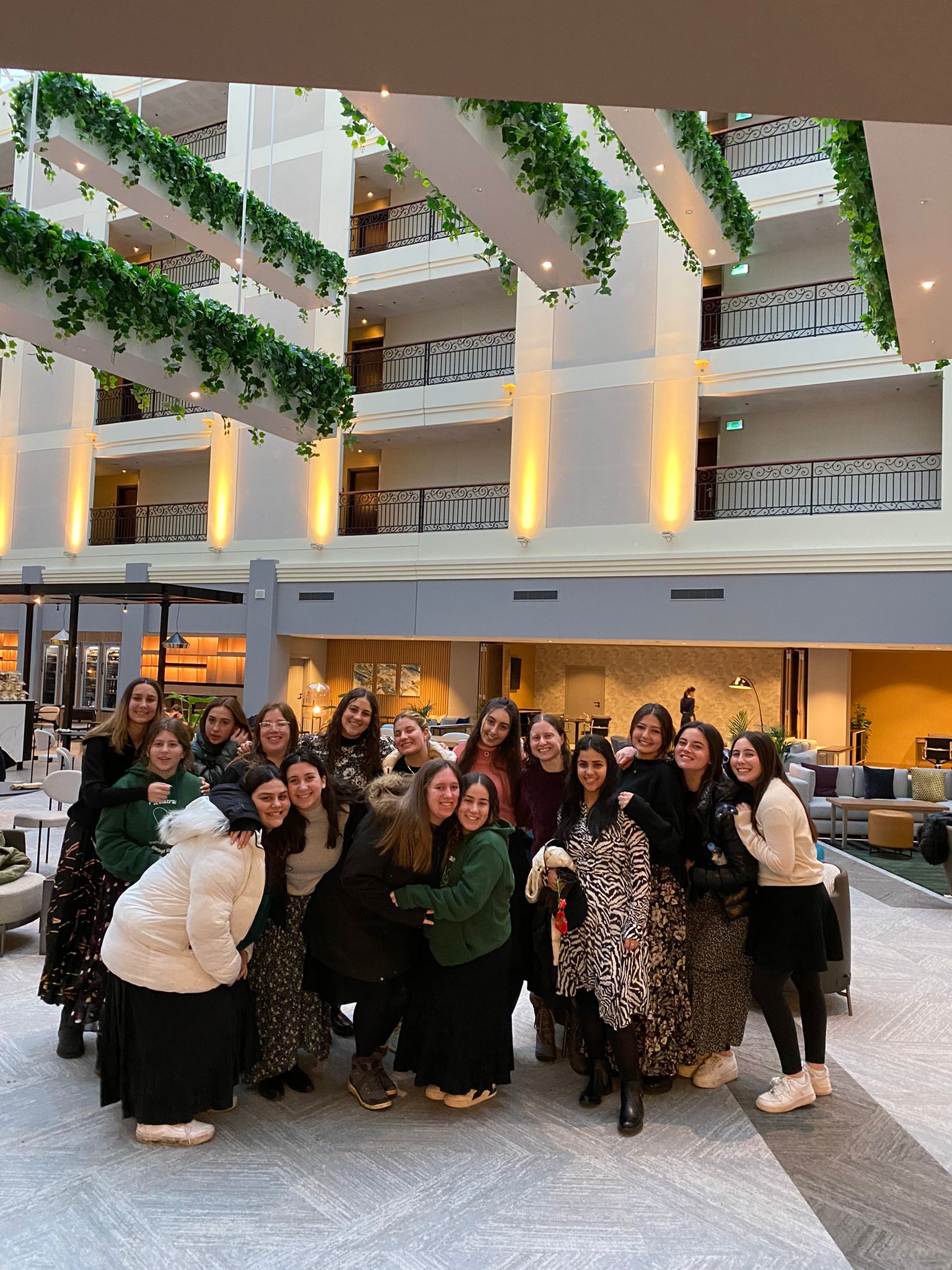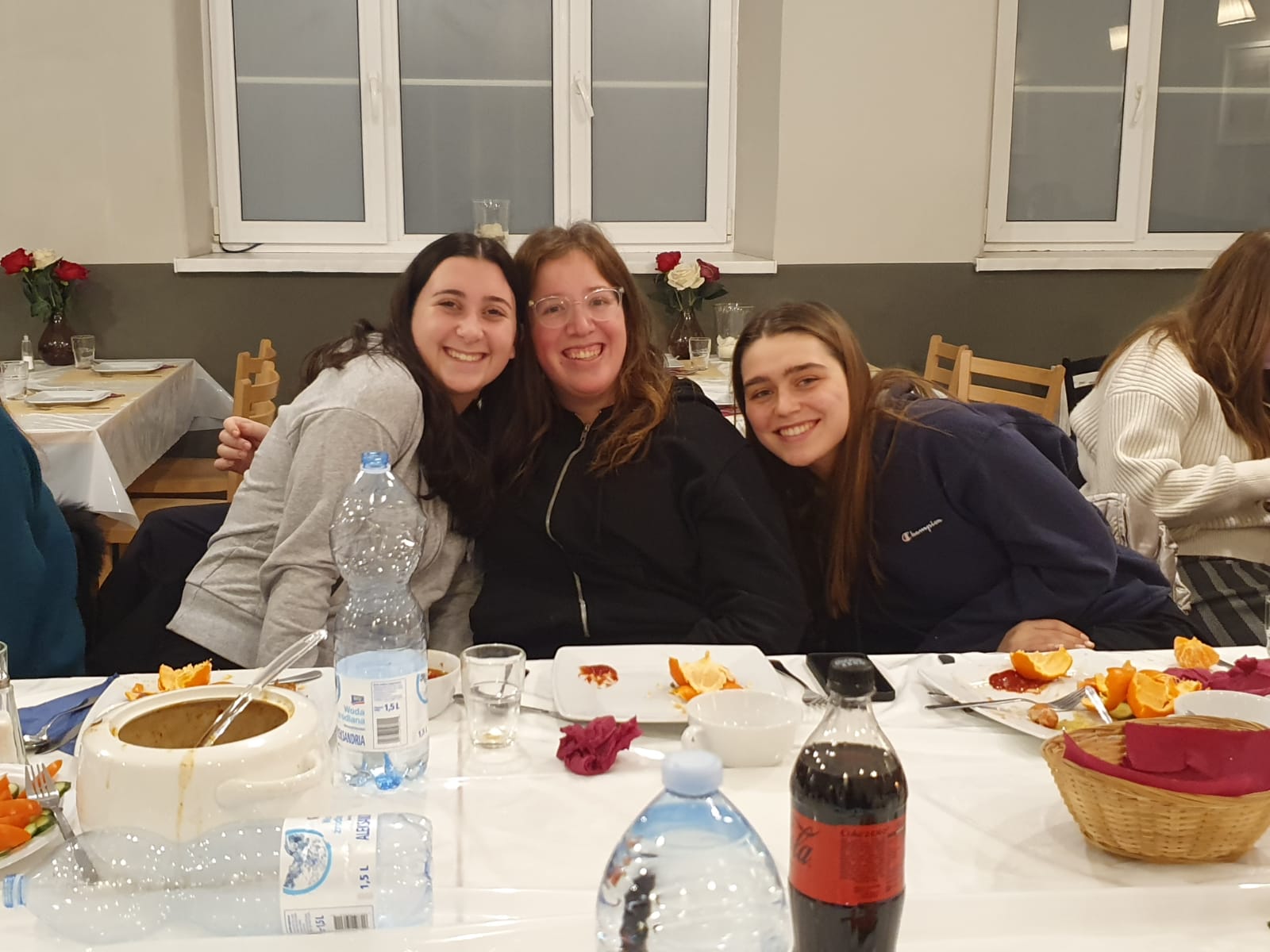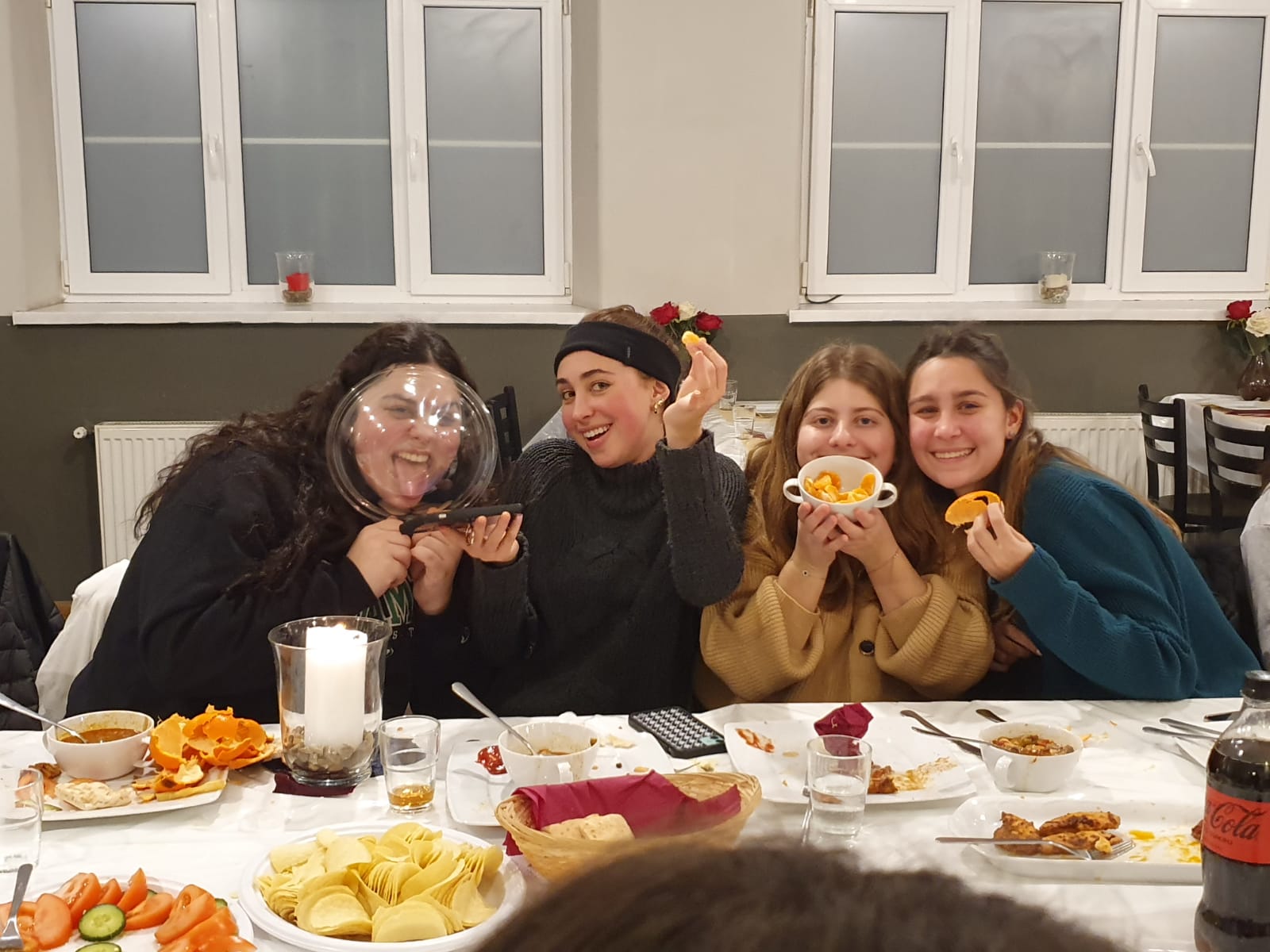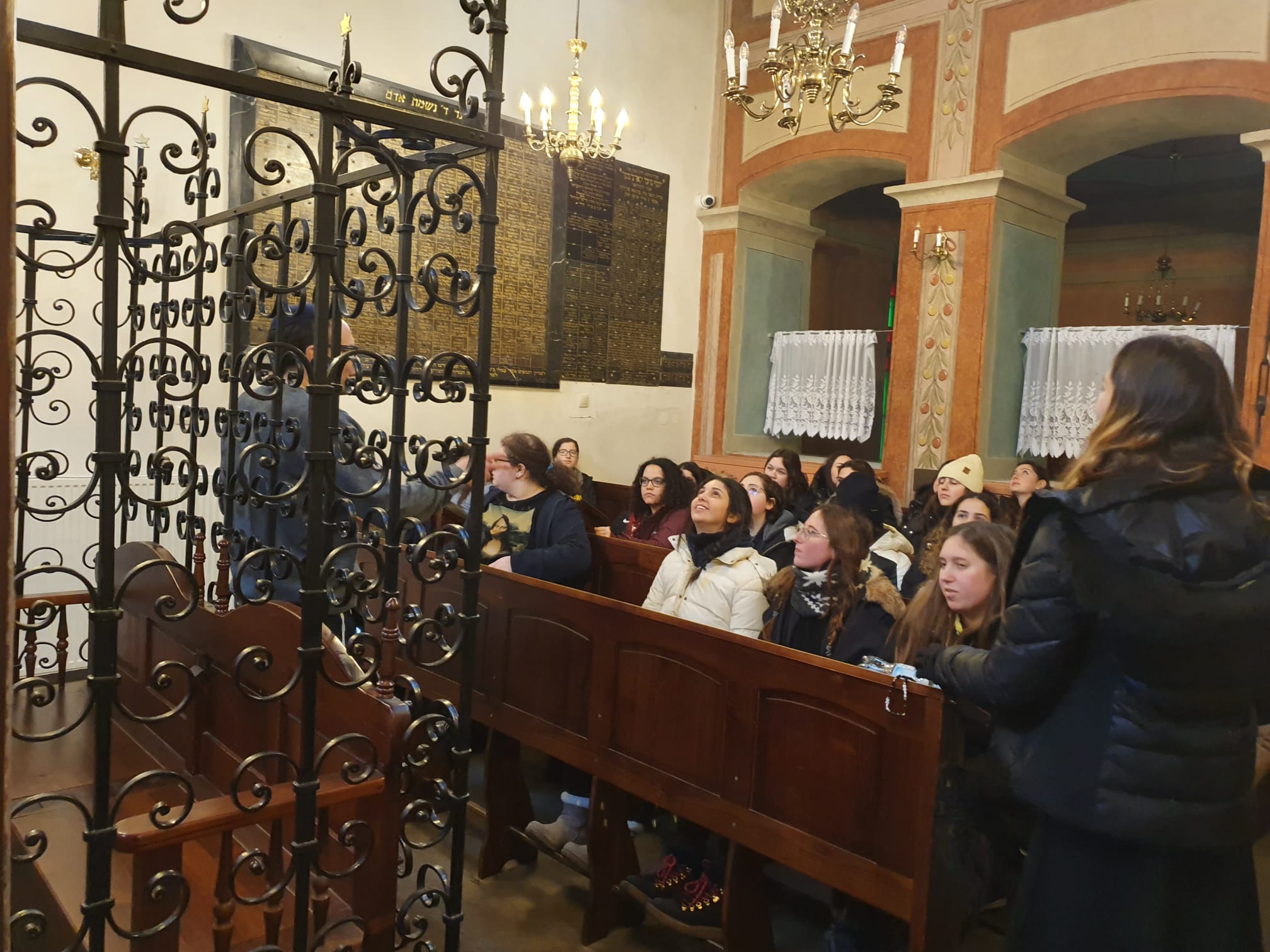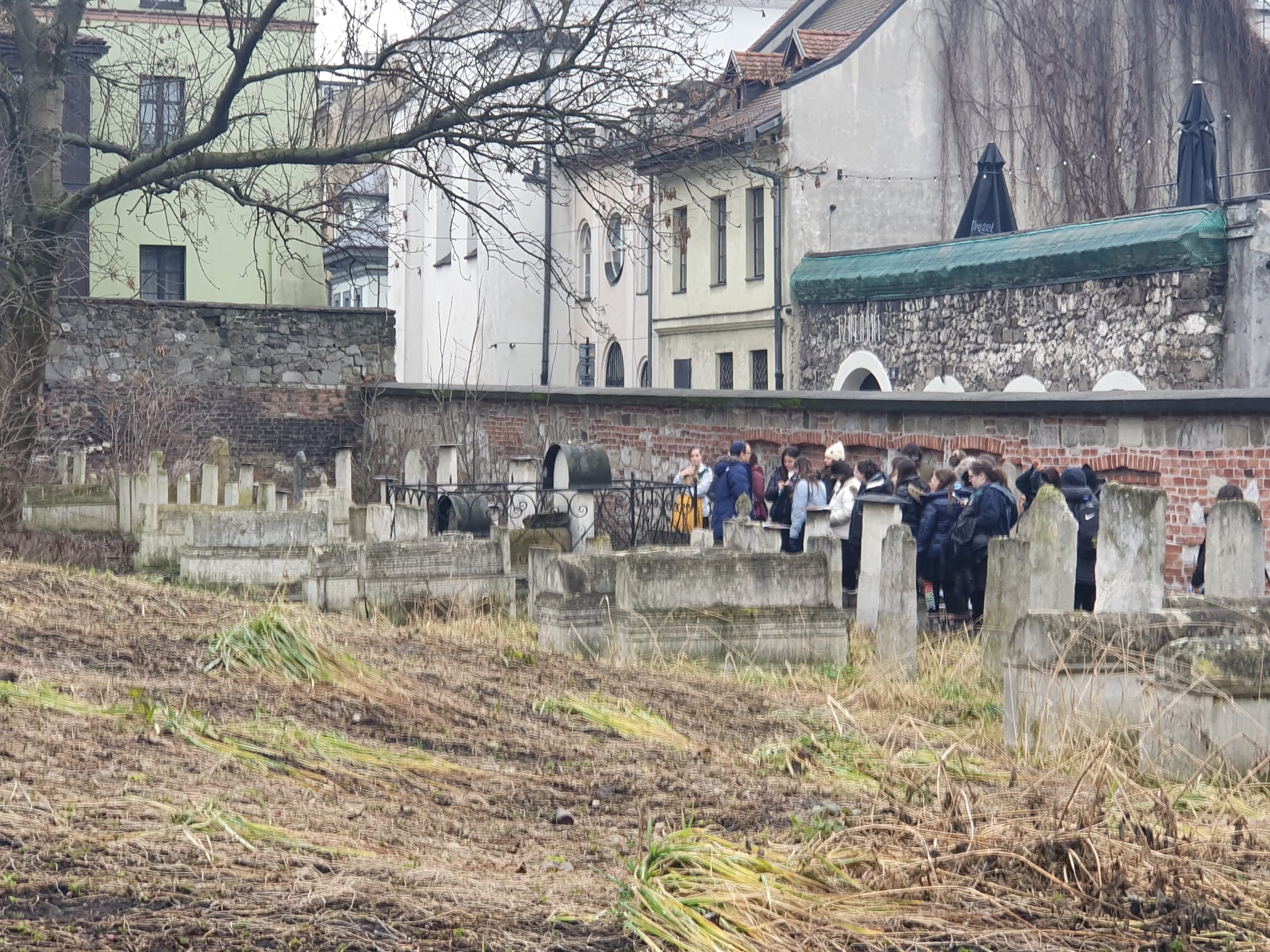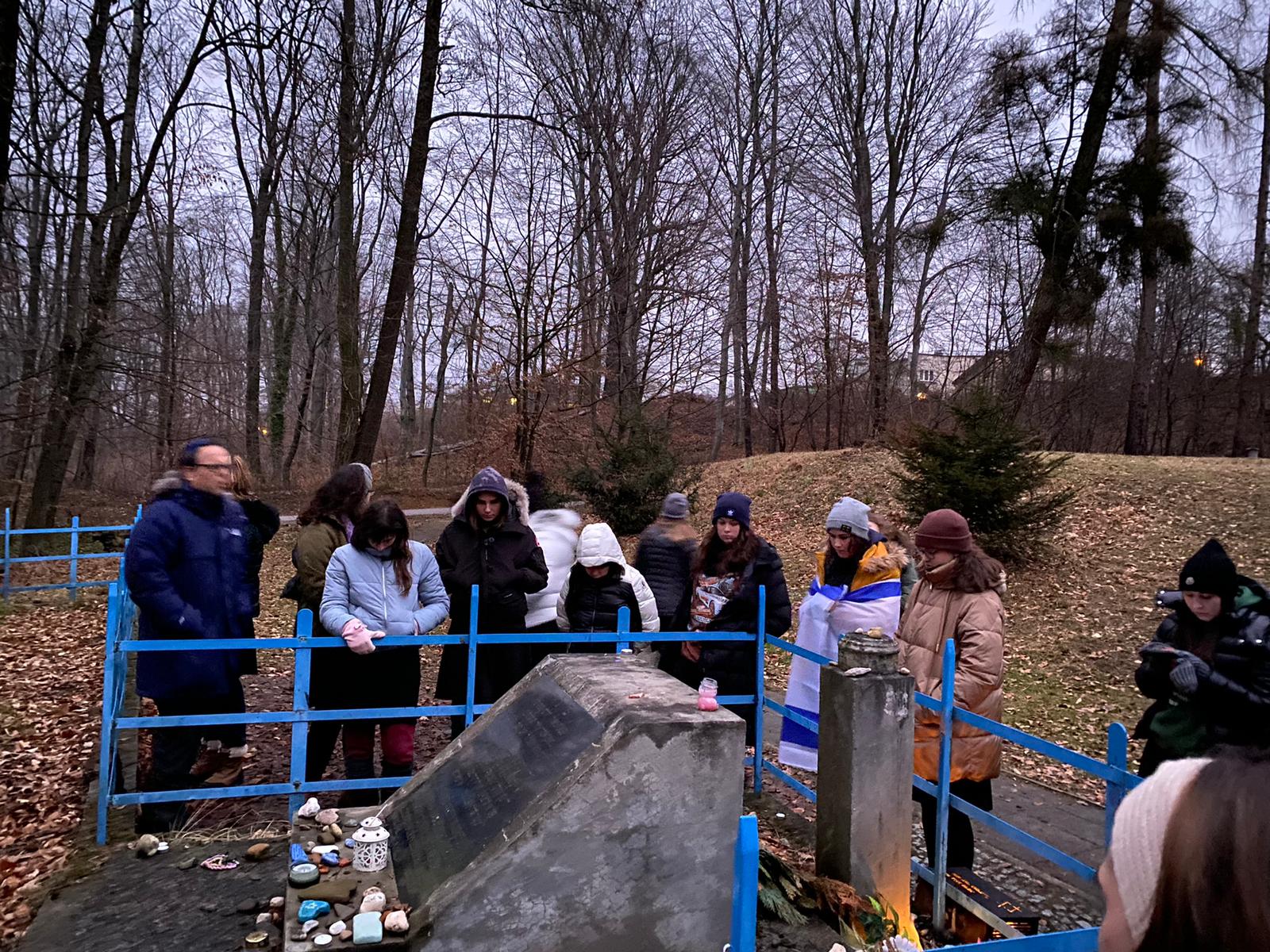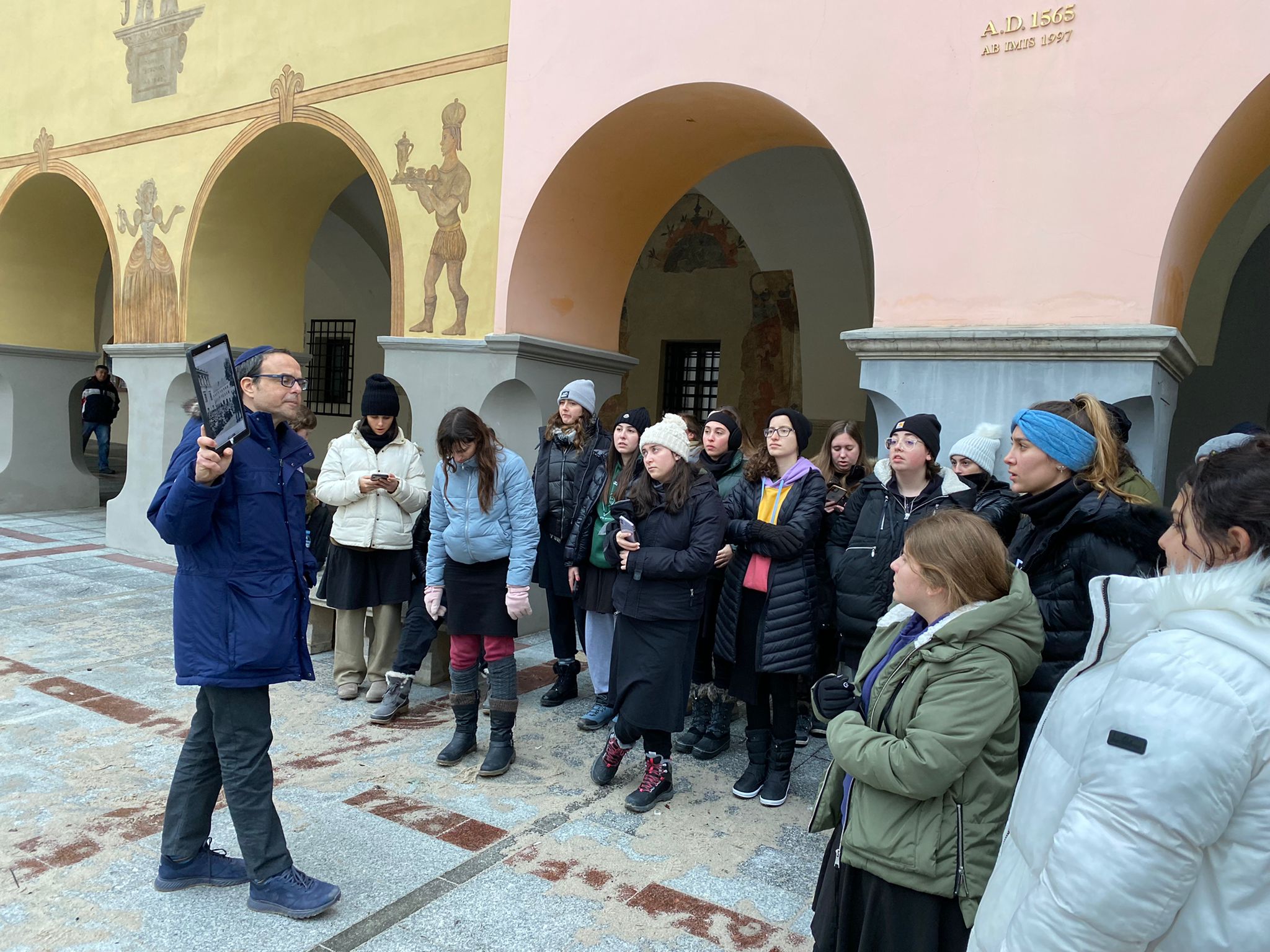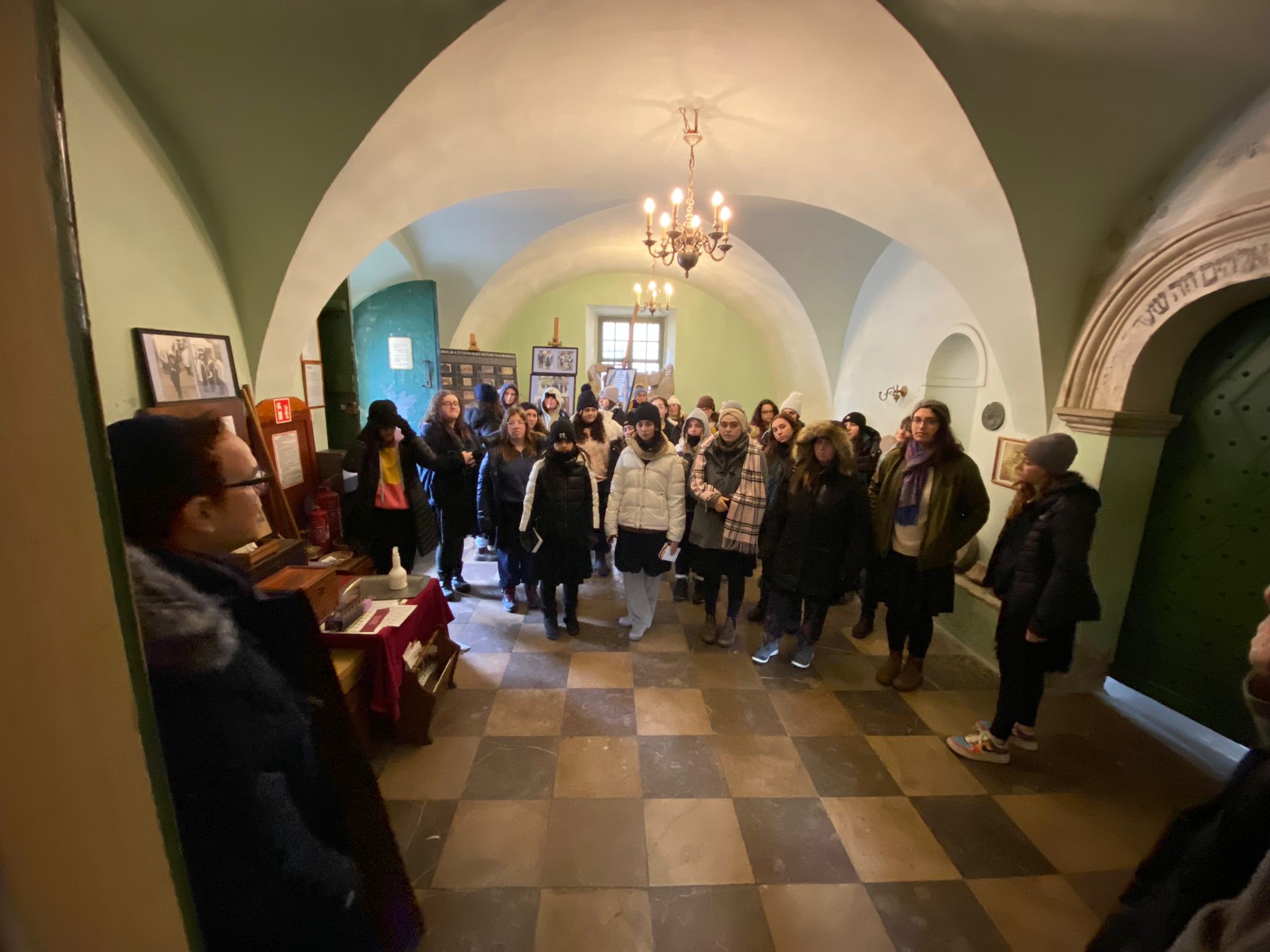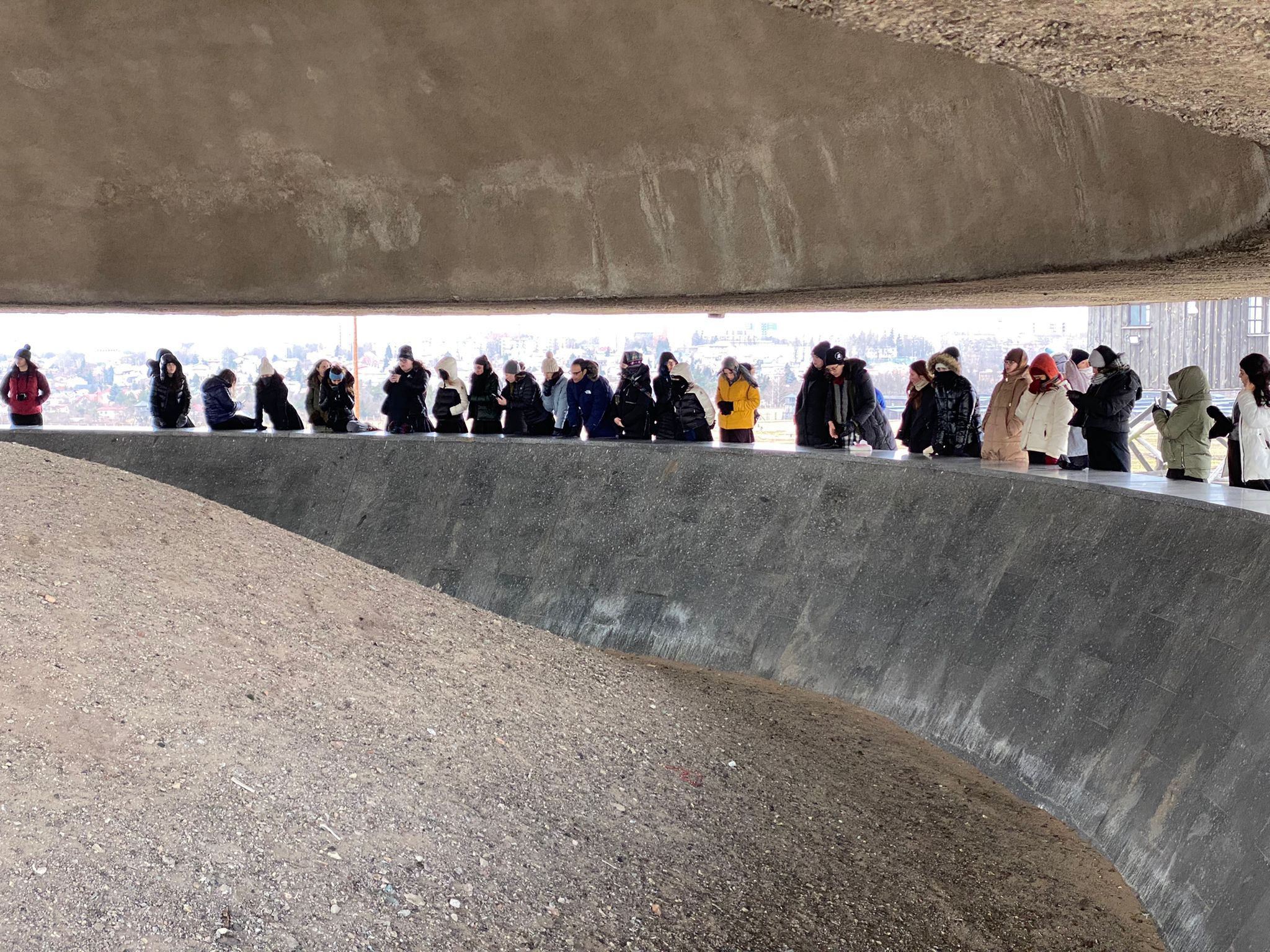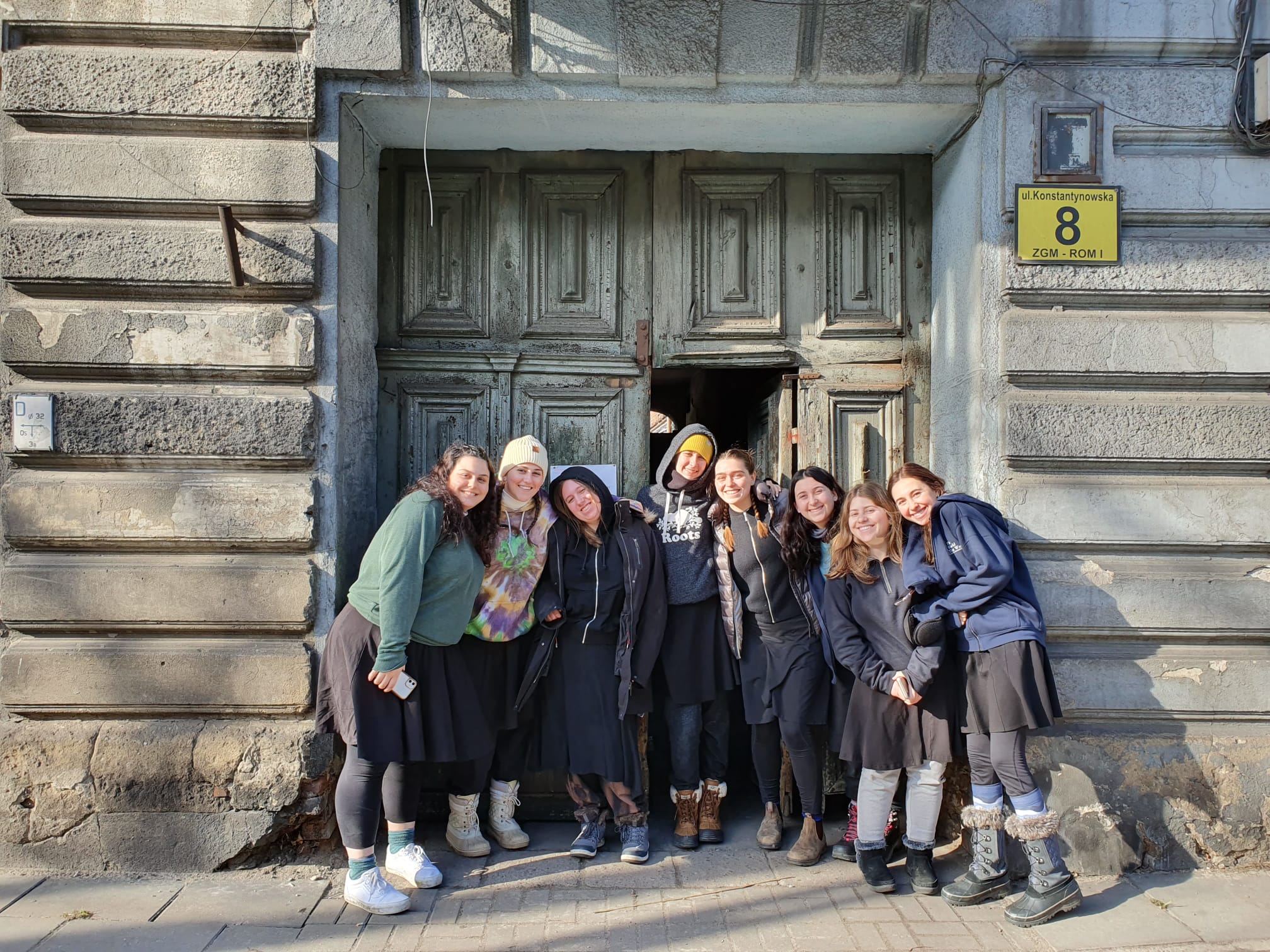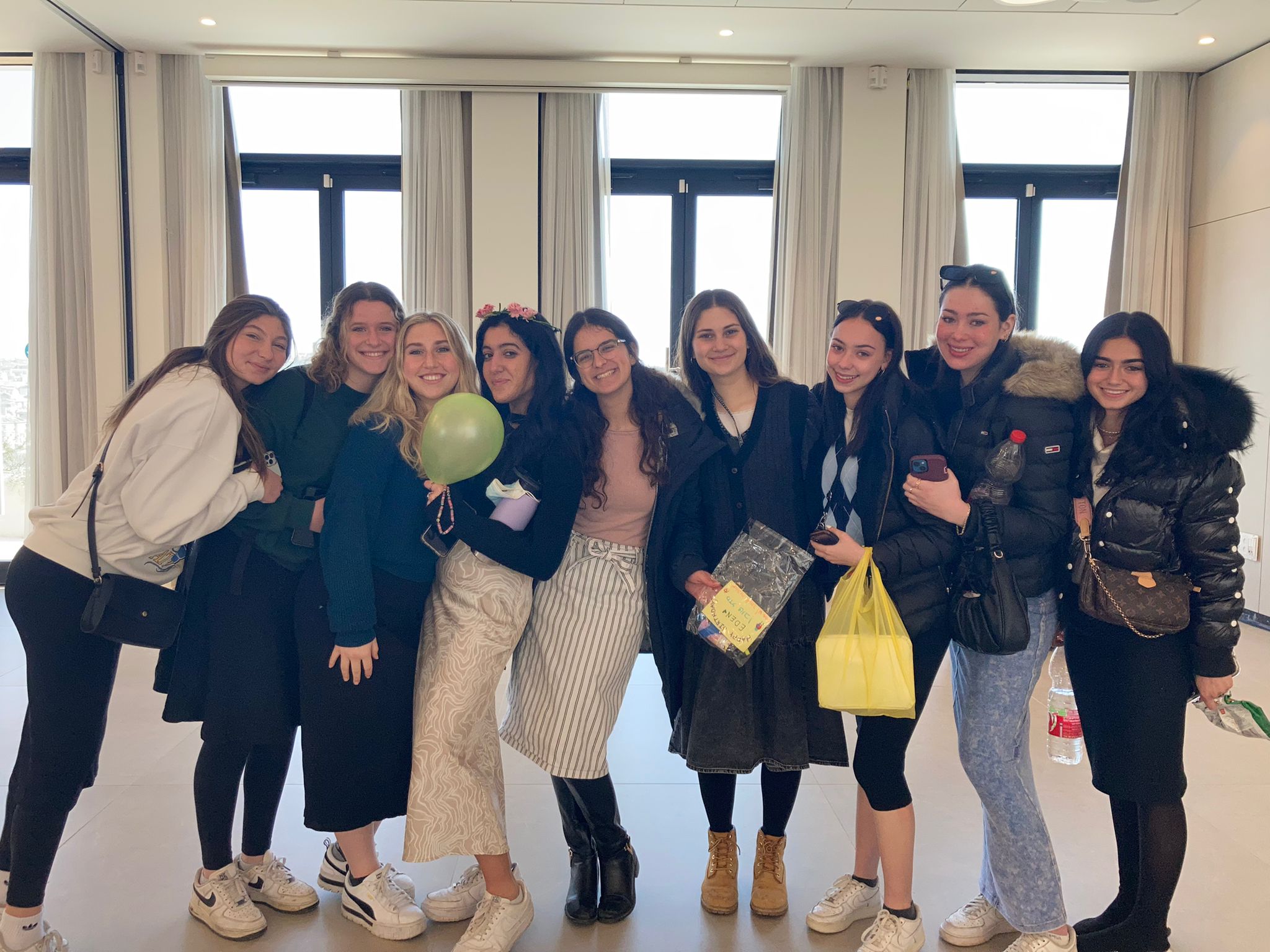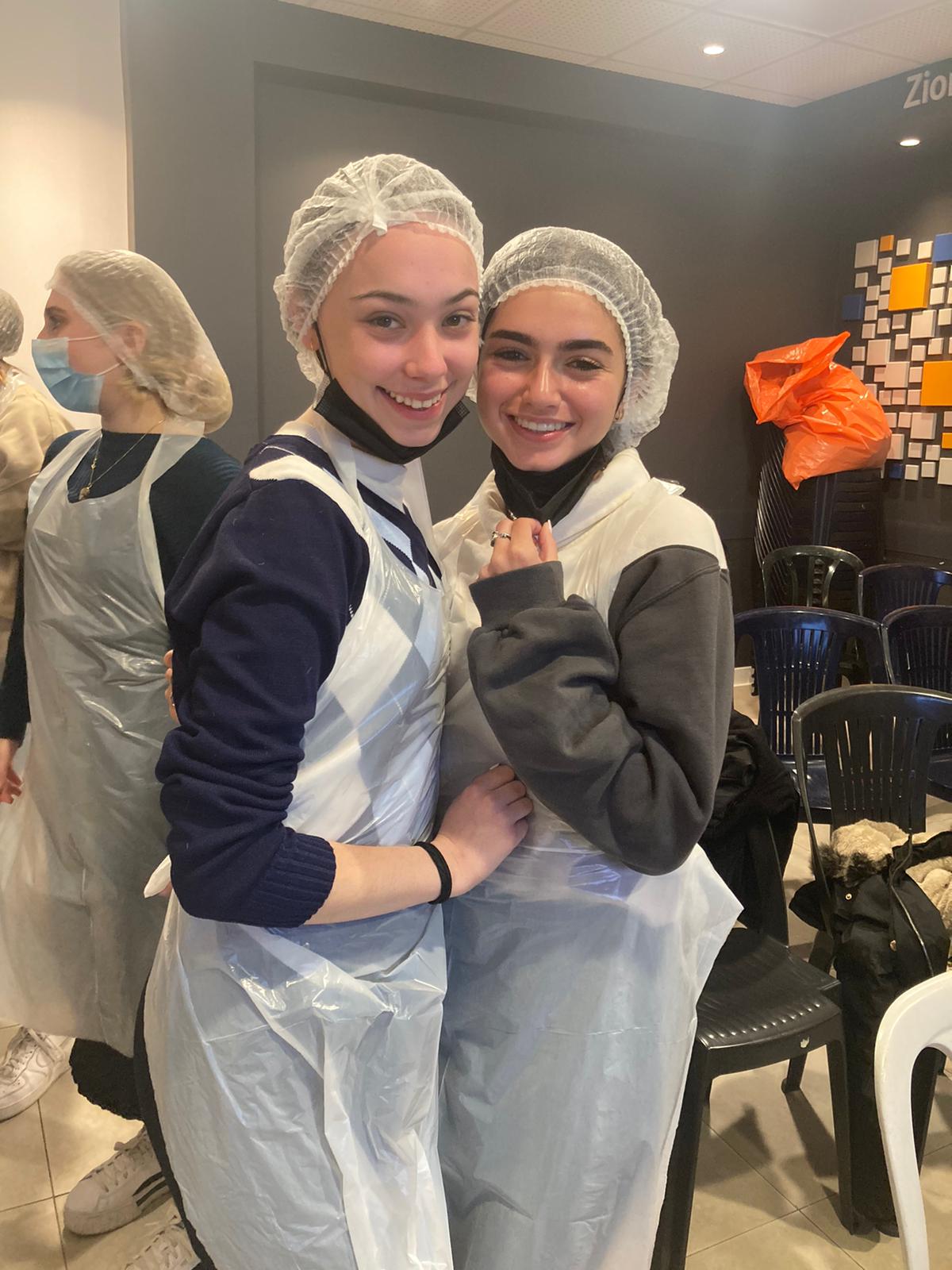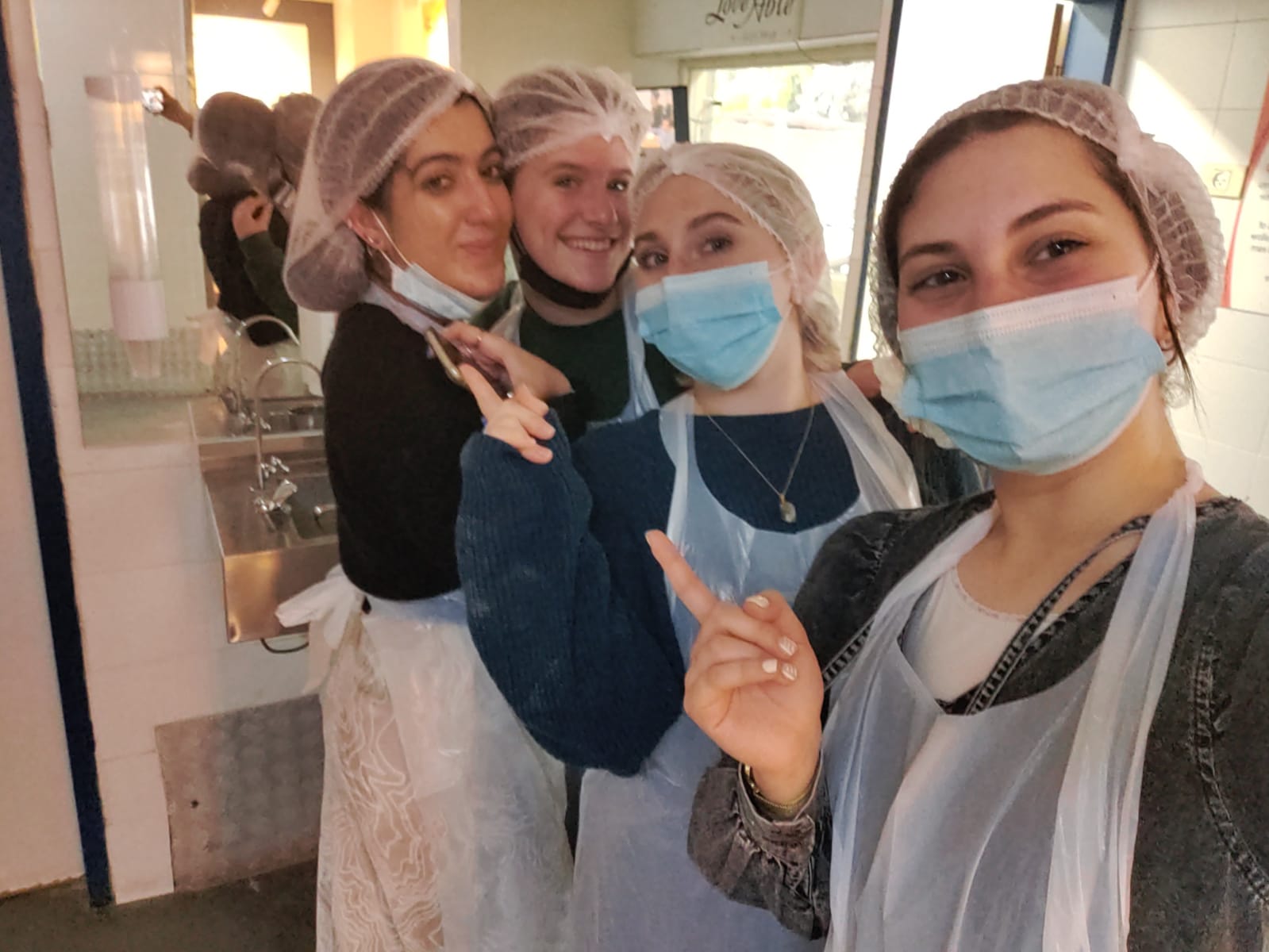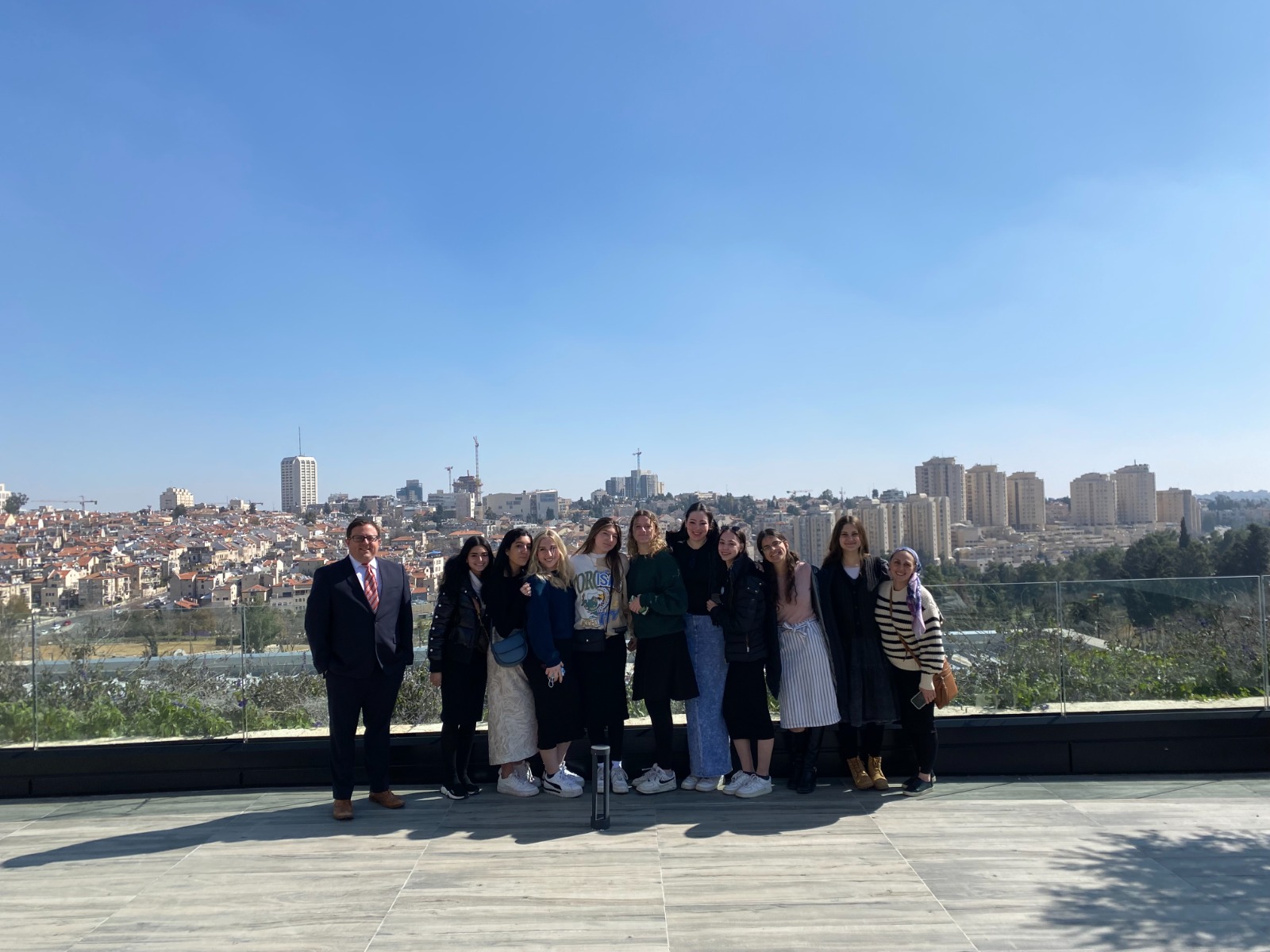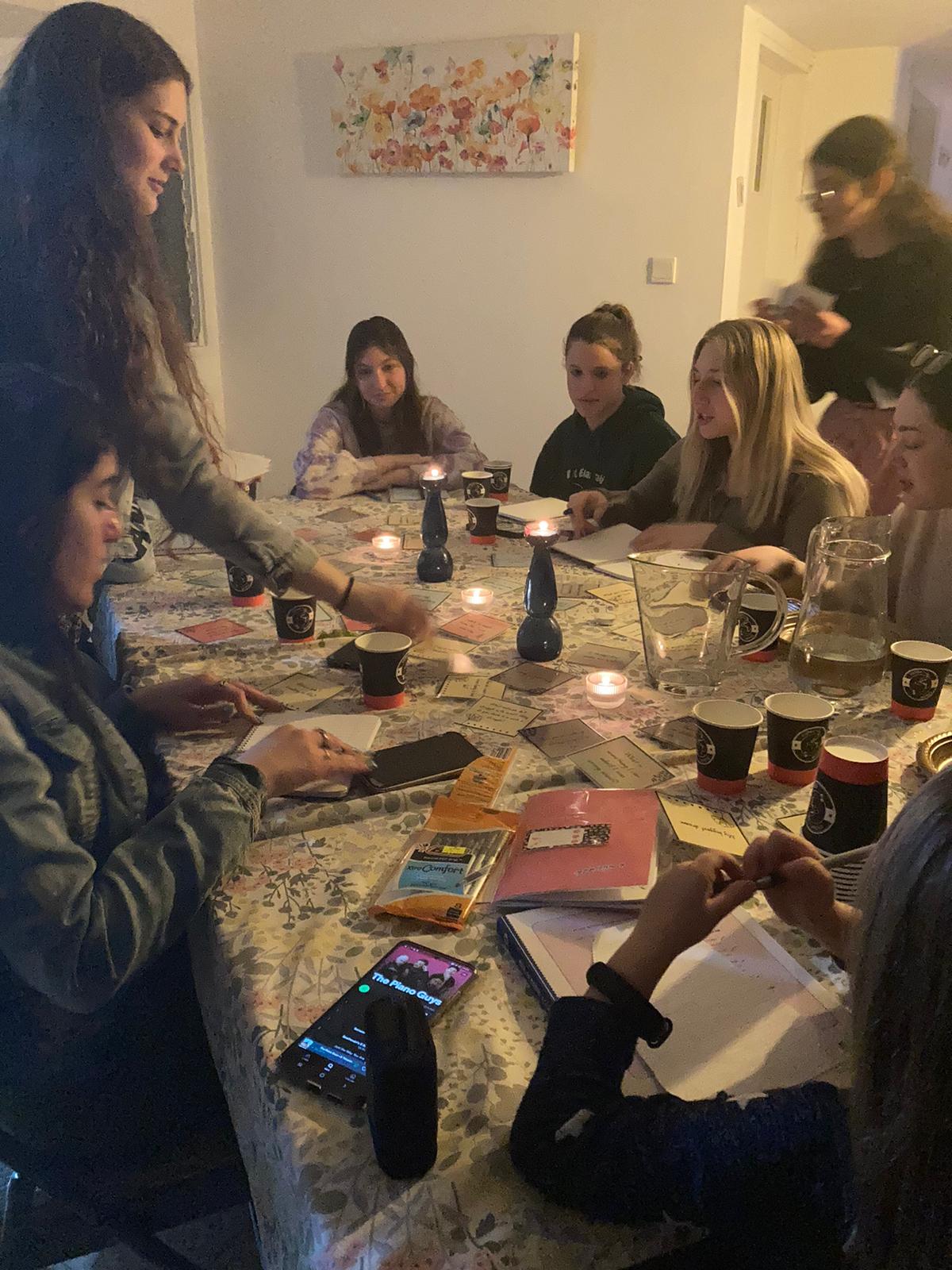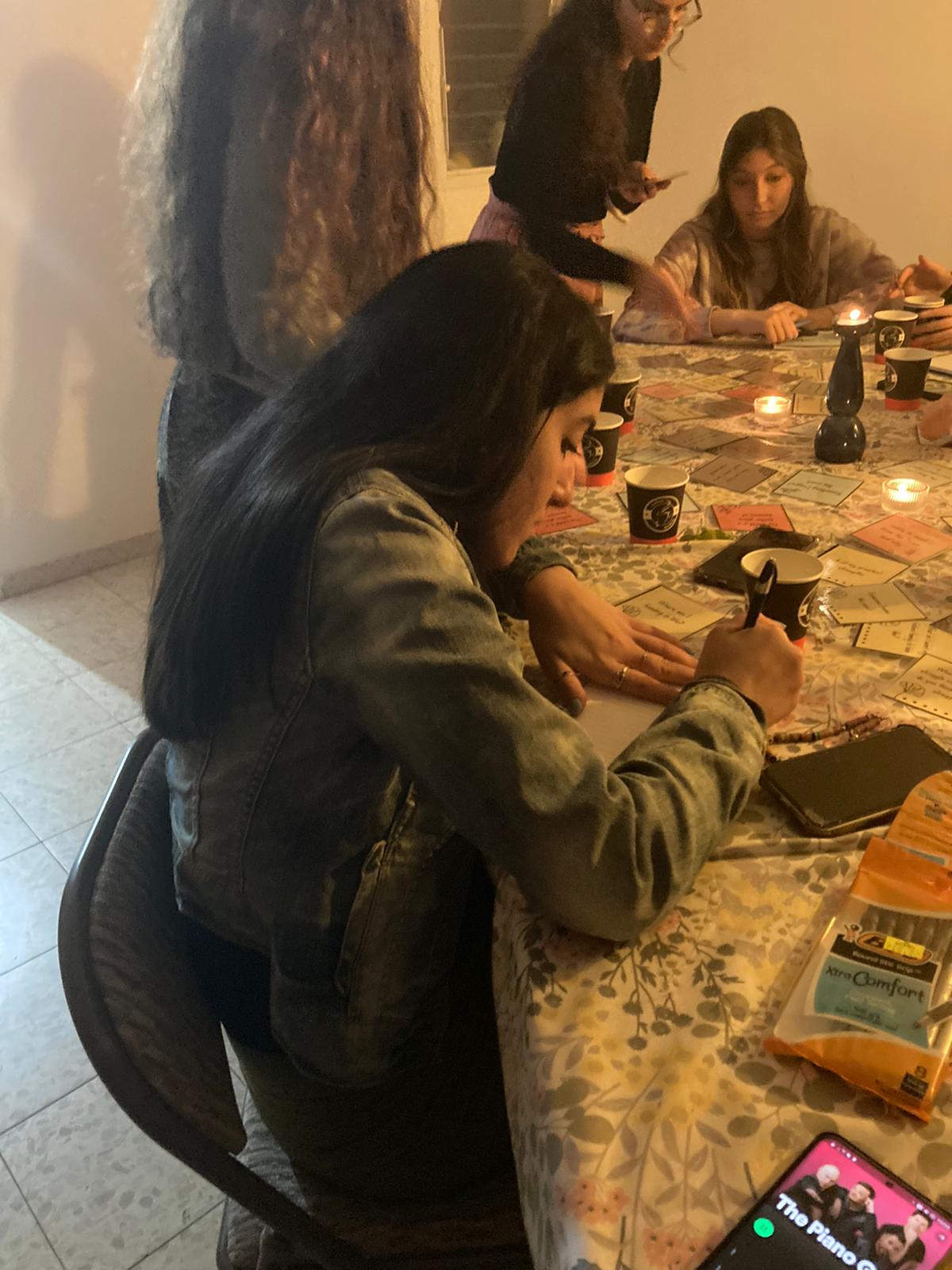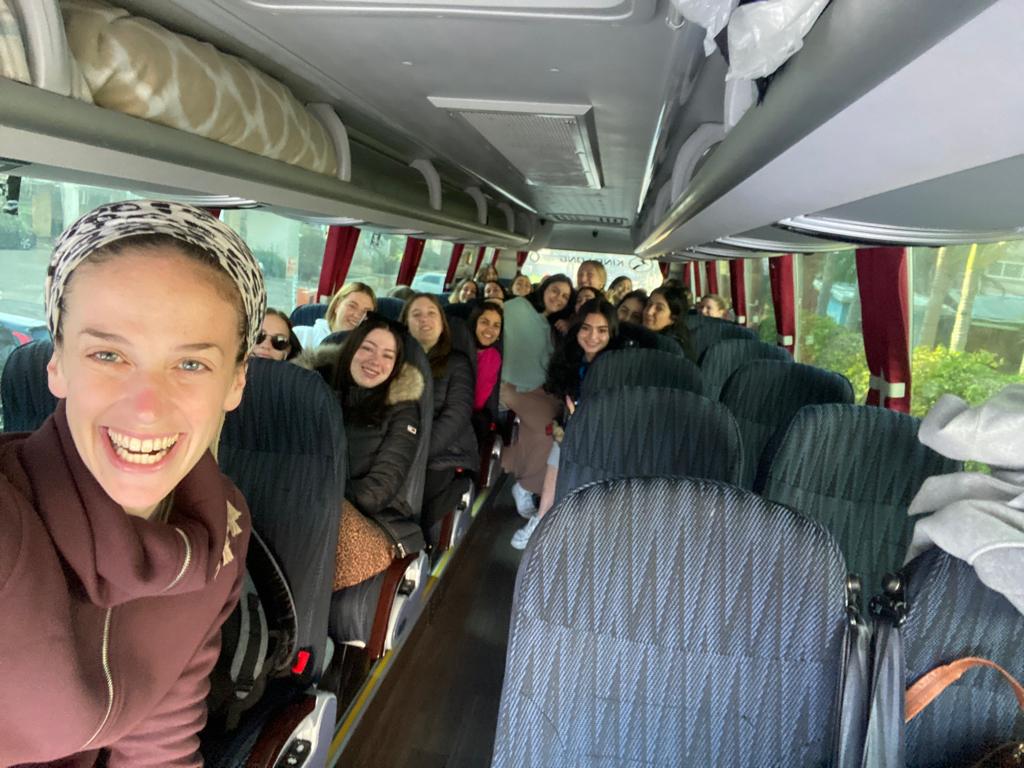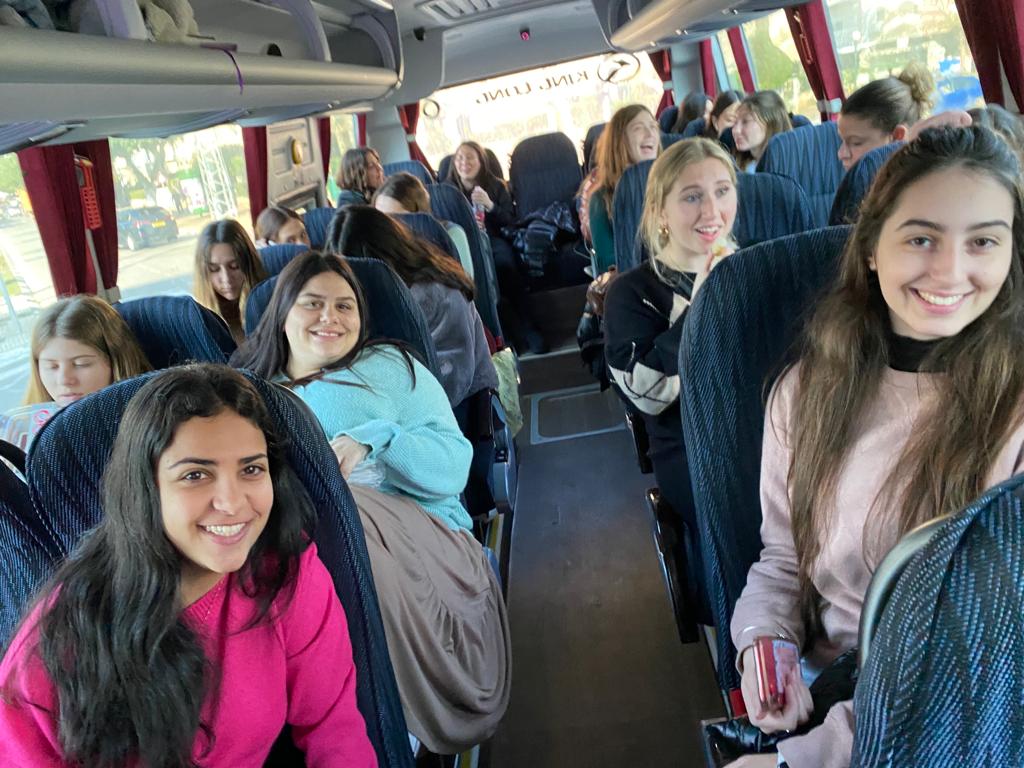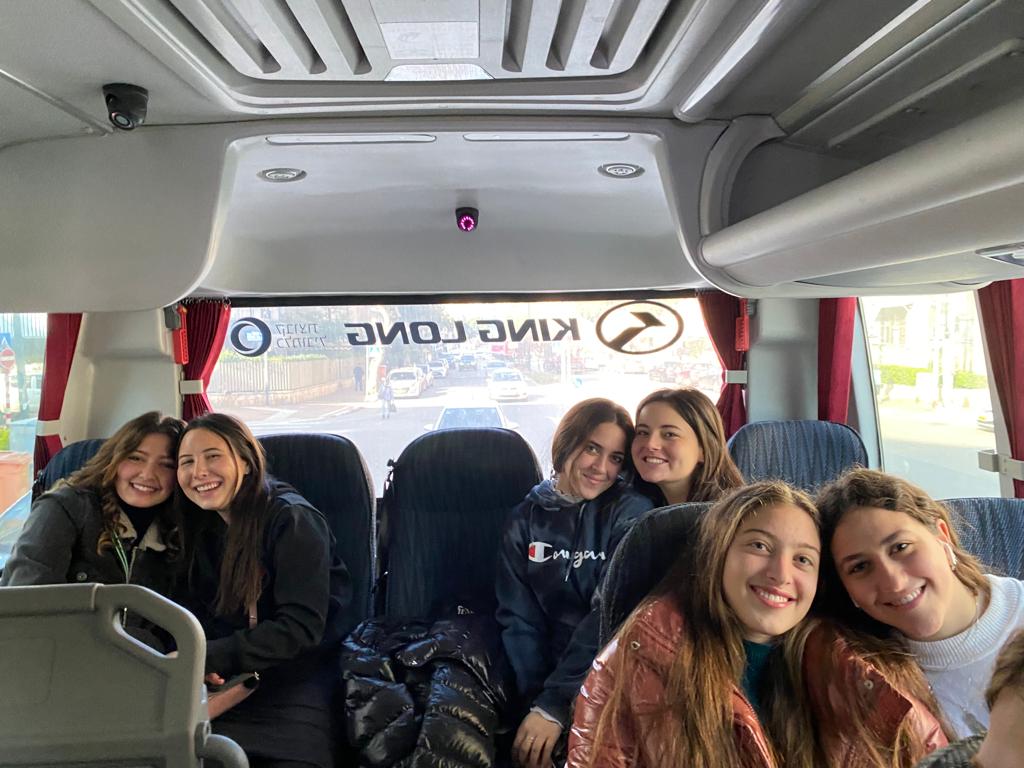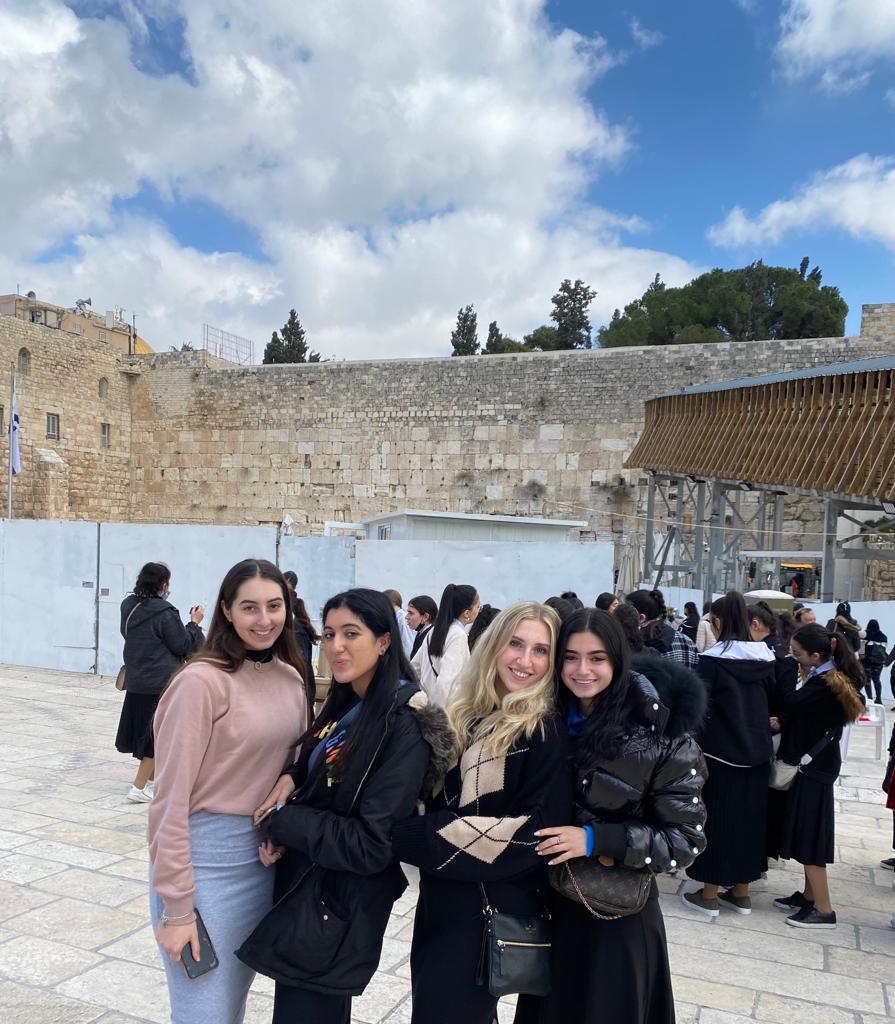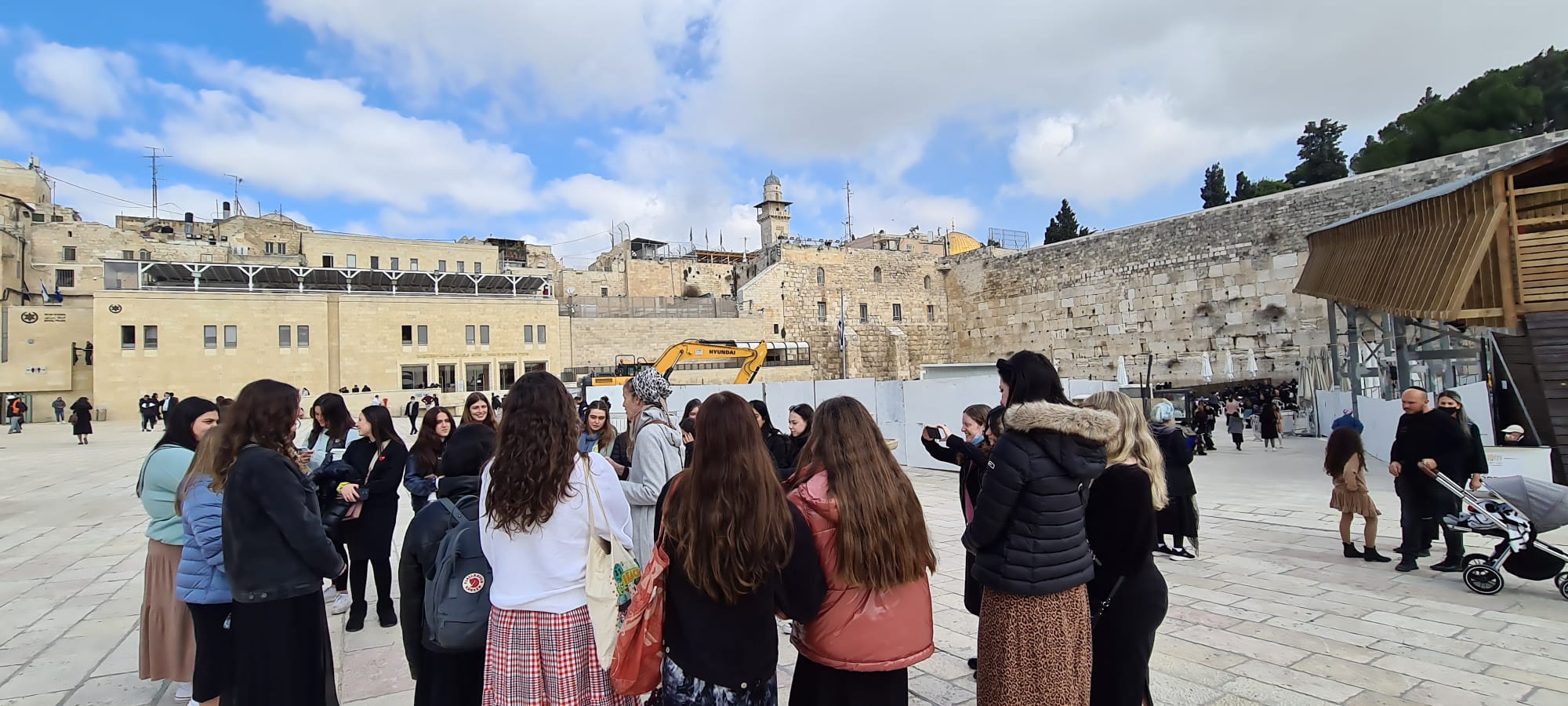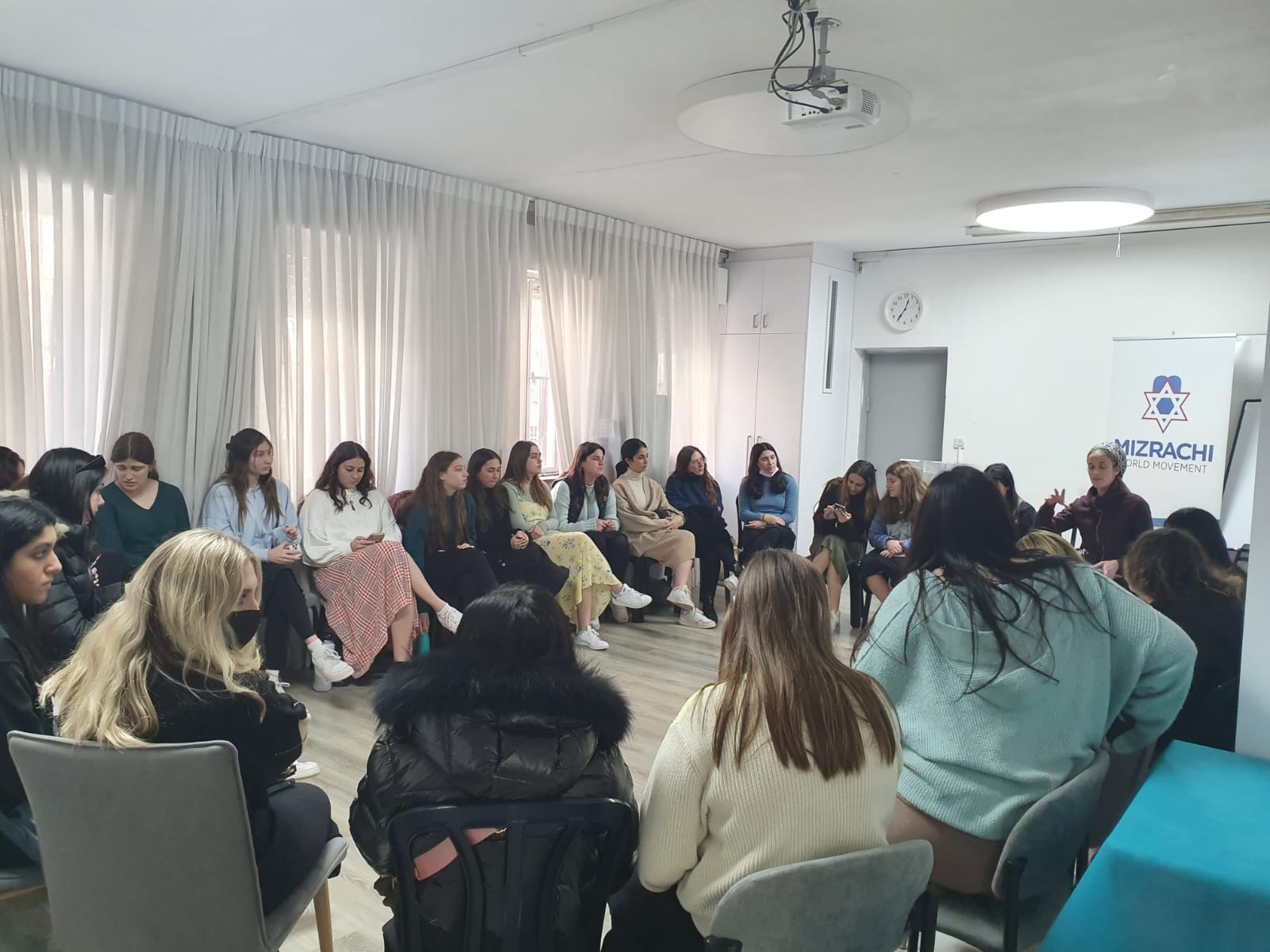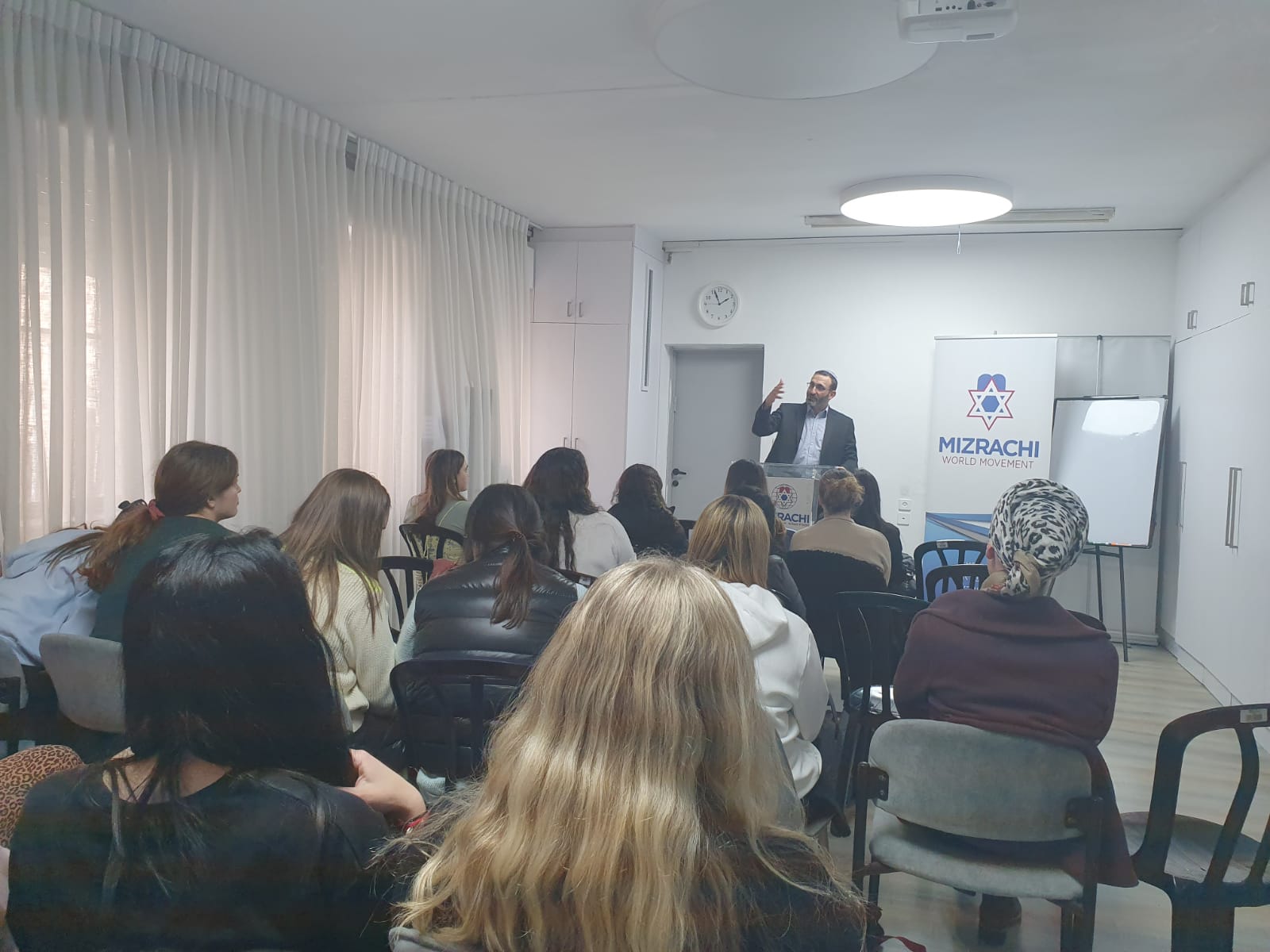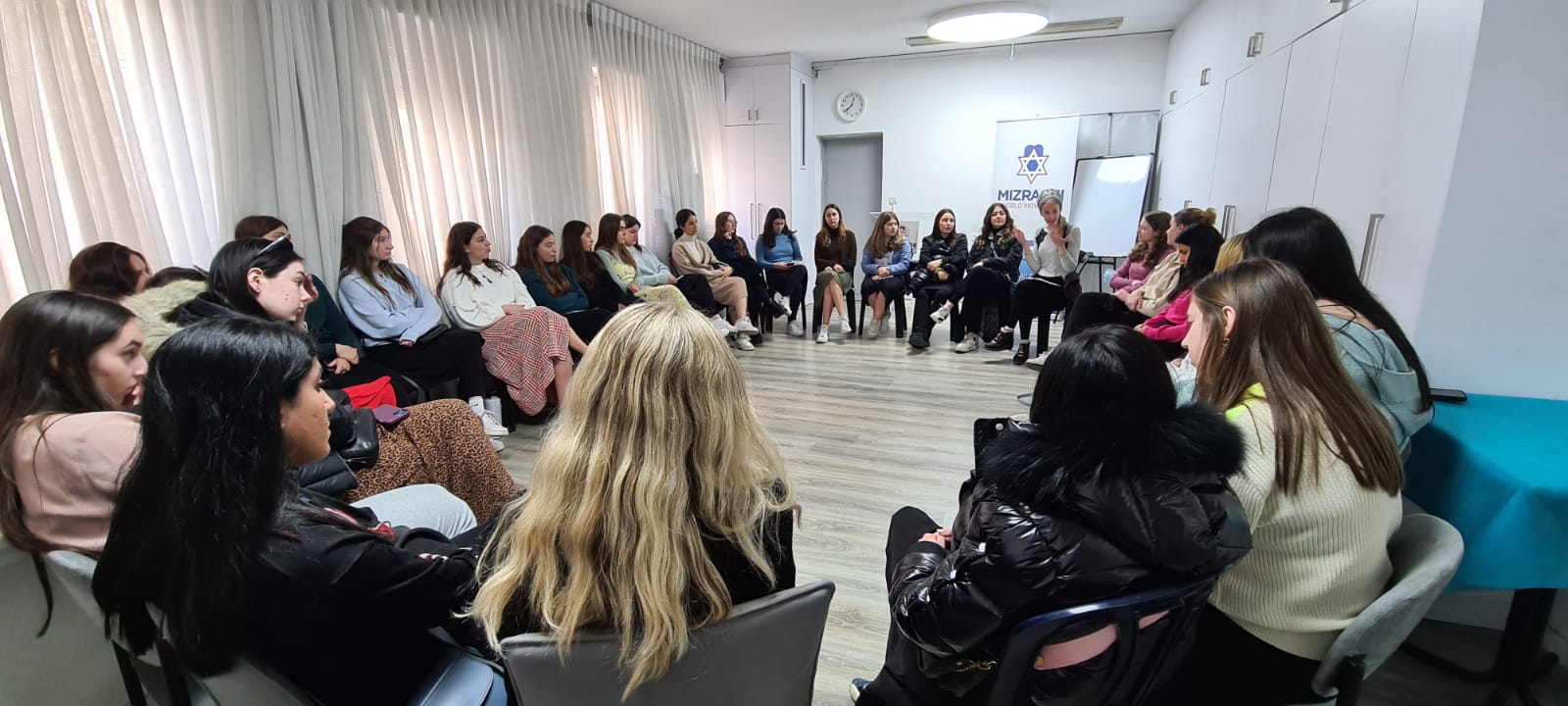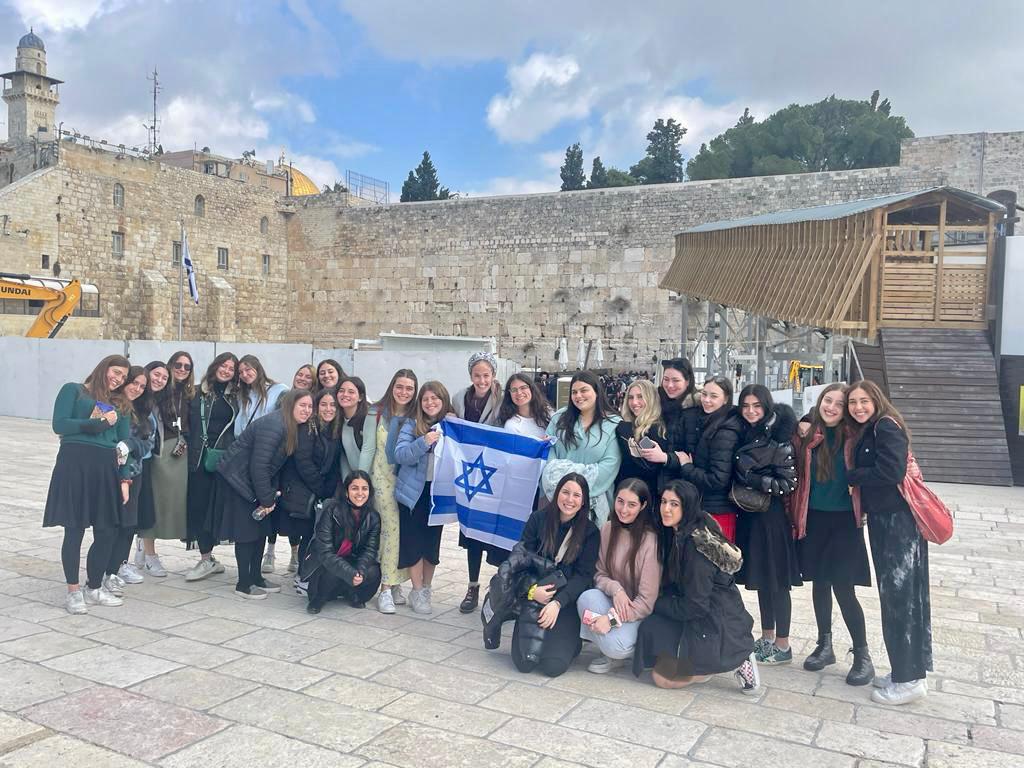
17 Feb MTC Highlights: Parshat Ki Tisa

Esther Farkovits - Educator
Parshat Ki Tisa
The Jewish nation left Mitzraim a mere 3 months earlier, they just received the Torah, and then the ultimate rebellion in this week’s parsha, חטא העגל the sin of the golden calf.
We know that after Moshe broke the tablets, he begs Hashem for forgiveness. Hashem agrees on the first Yom Kippur saying סלחתי כדבריך. Yet something puzzling happens. Instead of simply starting from scratch, the story continues with the death of approximately 3,000 men. Ok, so were we forgiven or are we still being punished?
The Chachamim tell us that these 3,000 were the ring leaders, the ones who convinced the rest of the people to create a golden calf to worship. The rest of the nation followed or didn’t protest. Perhaps some were convinced and others just observed. Those were the ones that were forgiven by Hashem. The first group were actually rebelling against Hashem, פושעים, the second group weren’t as bold on their transgressions. Ok, then why did Moshe have to daven and beg for their forgiveness? Wasn’t a simple ‘sorry’ enough?
Rabbi Goldman, a chabad shaliach in South Africa, provides a poignant insight. One that I hold to be true back then as well as today. When a thought lasts the test of time, you can be pretty sure you’re in the presence of truth. Eli Weisel famously said, “I swore never to be silent whenever and wherever… We must always take sides. Neutrality helps the oppressor, never the victim. Silence encourages the tormentor, never the tormented.” There were 600,000 men ages 20-60 and only 3,000 of them were actually pushing this horrible agenda. Everyone else kind of went along for the ride. In other words, only 0.5% were wicked. It would have taken just a few voices to speak up. Just a few voices to stand strong. Moshe knew the act of silence in the face of evil was something that needed forgiveness. They weren’t punished but they had to take a good look at what they had not done and regret that.
I think this lesson echoes strongly throughout history. In the face of peer pressure we are often tempted to stay silent. It’s intimidating to voice your deepest beliefs and risk being mocked or scorned. Yet, this is who we are. We are the ivrim; אברהם העברי the ones who stand on the other side of the world. The world says its ok to be cruel to a certain group of people. Do we join in? Do we watch on the sidelines silently shaking our heads? Or, can we be Jewish about it and take a risk knowing deeply we have the fire of dignity passed down from Avraham Avinu burning inside of us?

Student Reflection
Lily Sassoon - HANC, NY - Cedarhurst, NY
Last week was a very special week at MTC. Some people went on a trip around Israel and others went to Poland. I went on the Poland roots trip and had such a meaningful and inspirational experience.
In Poland, I learned so much about the Holocaust. I am so grateful to be able to pass it to others now so we #NeverForget.
We went to concentration camps and cemeteries which were very hard and sad to see. However, our amazing tour guide Rav David also took us around to see the wonderful shuls that are still standing in Poland, the yeshiva in Lublin and the first Bais Yaakov established by Sara Schneider. Seeing both the sad and happy places was the perfect balance for the trip.
Proceeding the trips, MTC took us to Jerusalem. Davening at the Kotel was such a special experience after seeing the horrors in Poland. I felt so lucky to come home to Israel and pray freely.
Although the trip was amazing, I am so happy to get back to routine. I missed learning with my amazing teachers and most of all I missed being able to hang out with my girls in Bet Elazraki every day! I didn’t feel complete without them.
Reuniting with them after 2 weeks was the best feeling ever and it made me realize how special and important this place truly is to me. Spending time with them and building a strong connection with each and every one of them means the world to me.
I am so lucky to be a student here!
Being in a small school, I’ve formed such strong relationships with my teachers and they have become my role models. I get to learn from them in the morning and impact kids’ lives in the afternoons.
Having this balance in my life is helping me evolve into the best version of myself. Every day I go to sleep knowing I made a difference in someone’s life and am growing closer to Hashem through both Torah learning and cheesed.
What more can a person need 🙂


